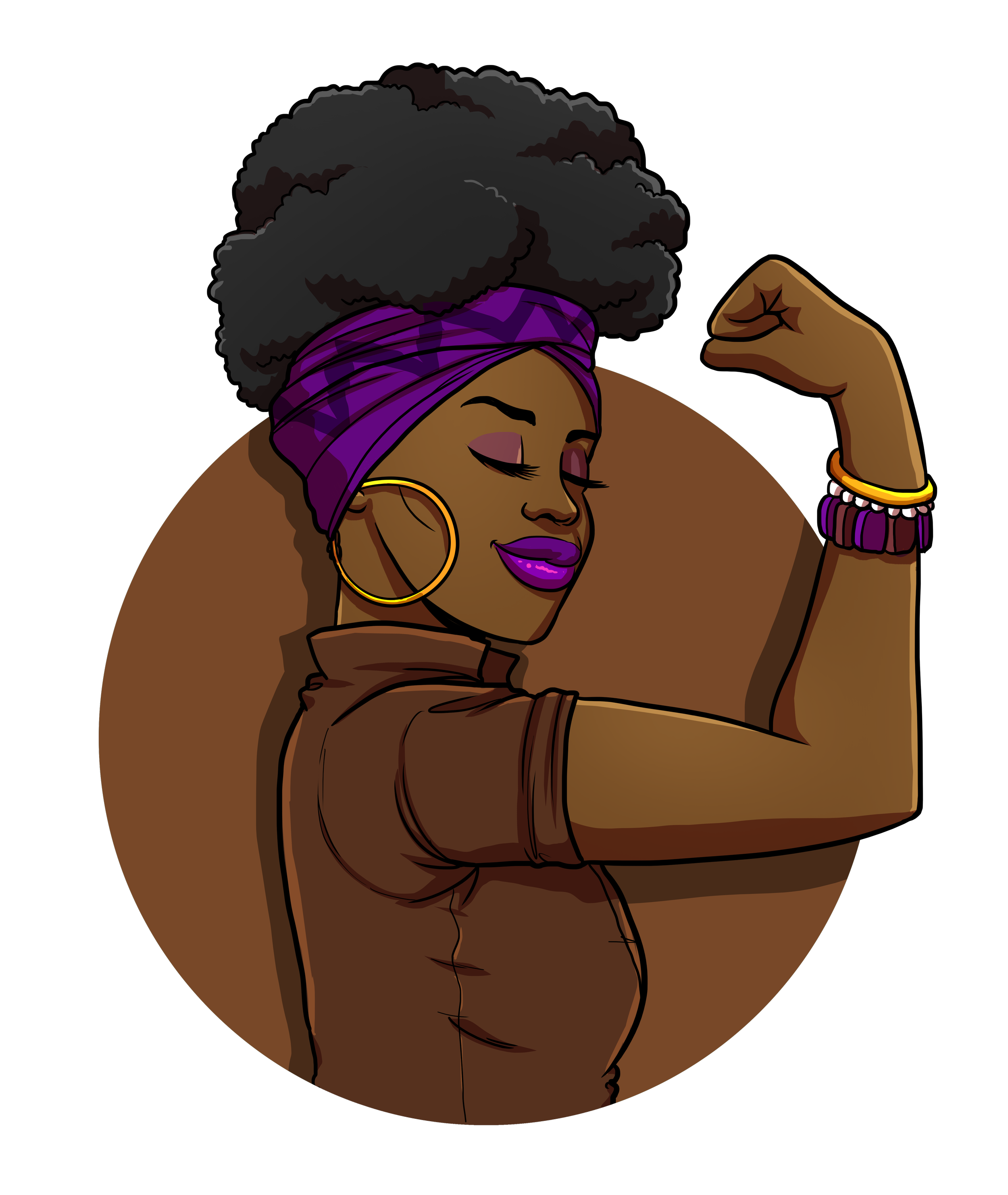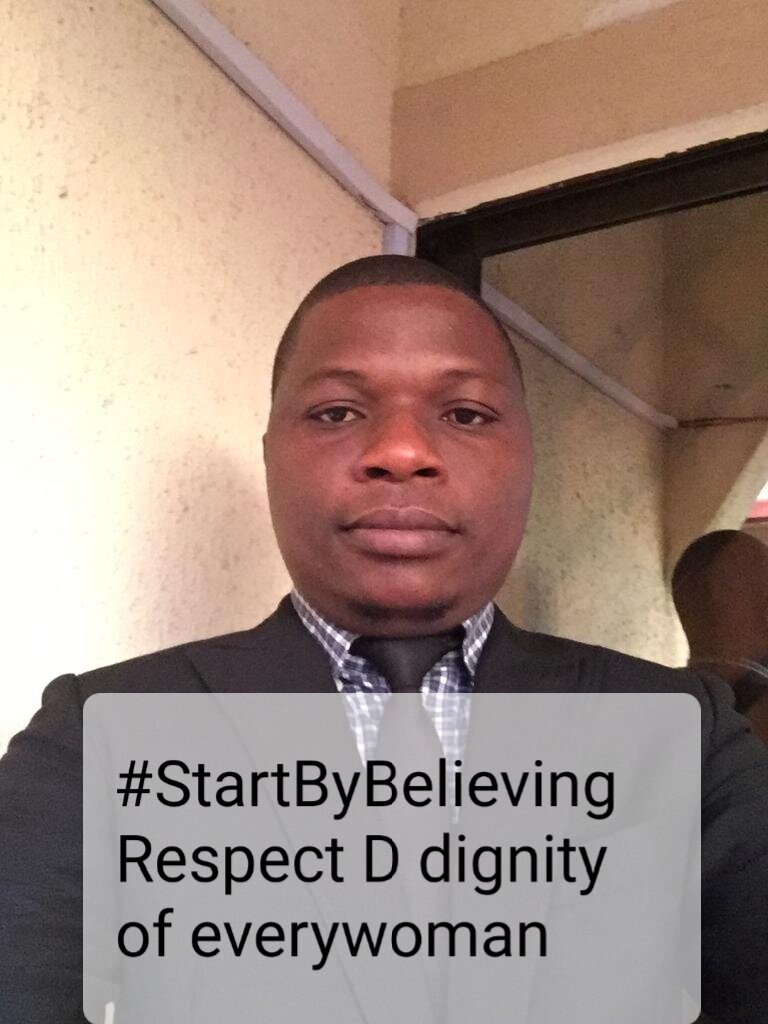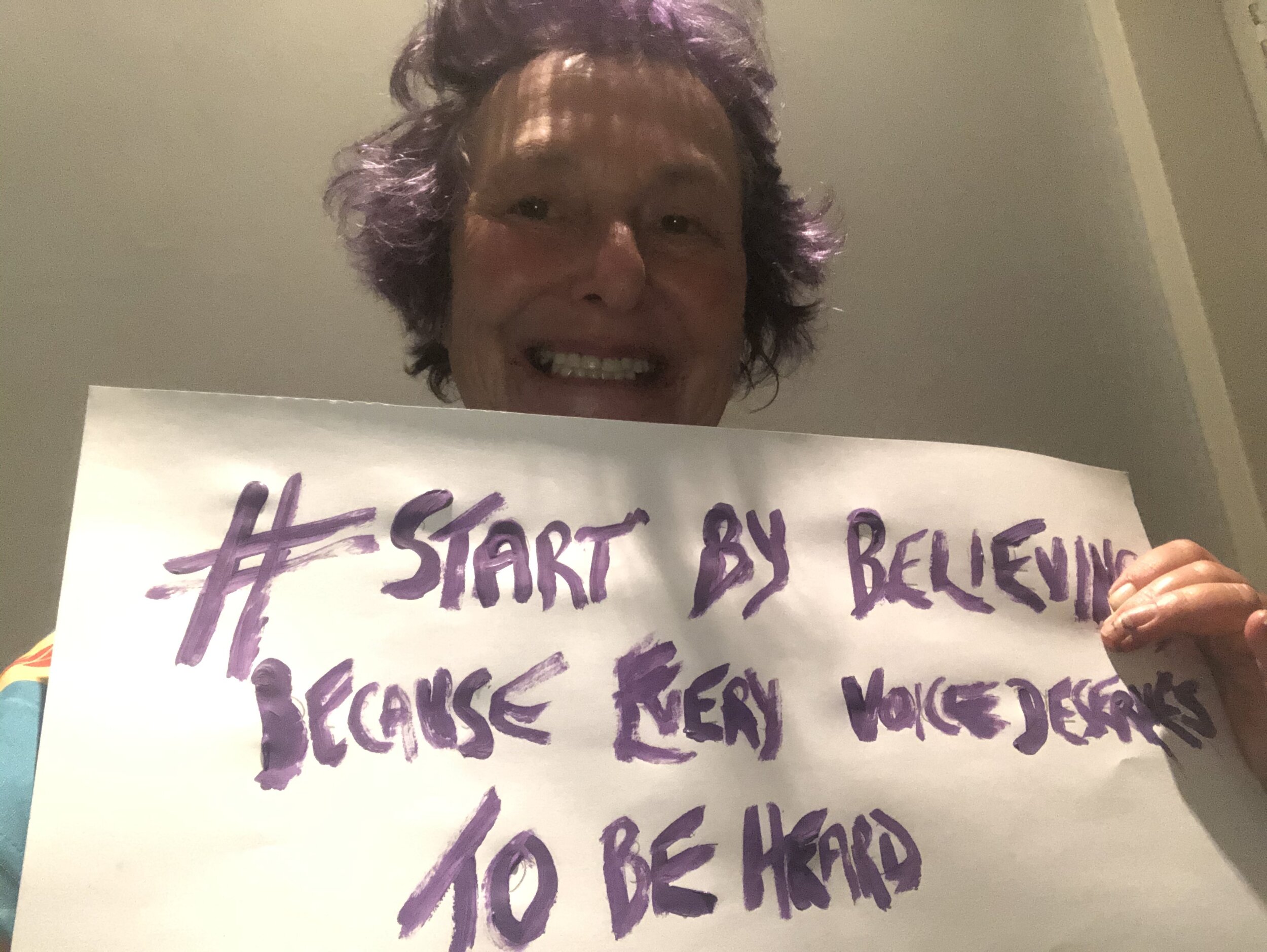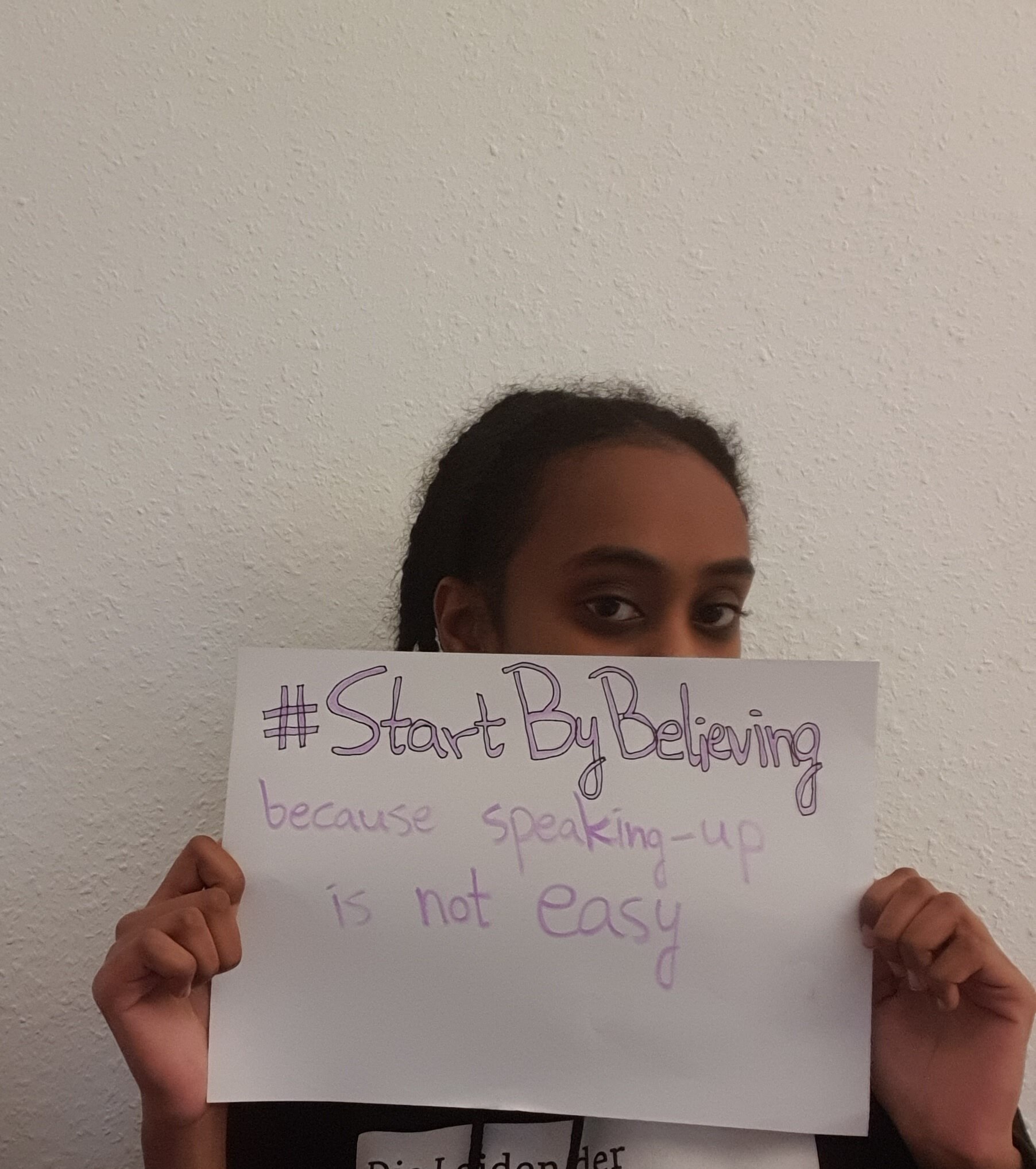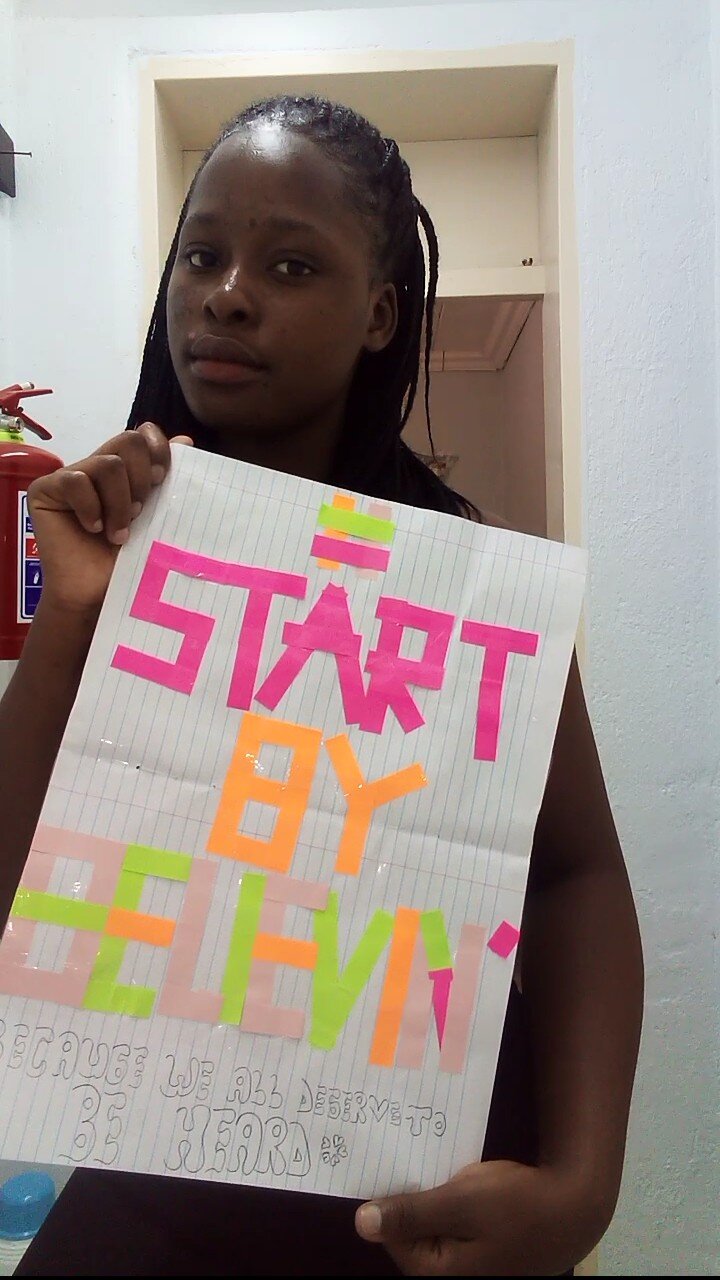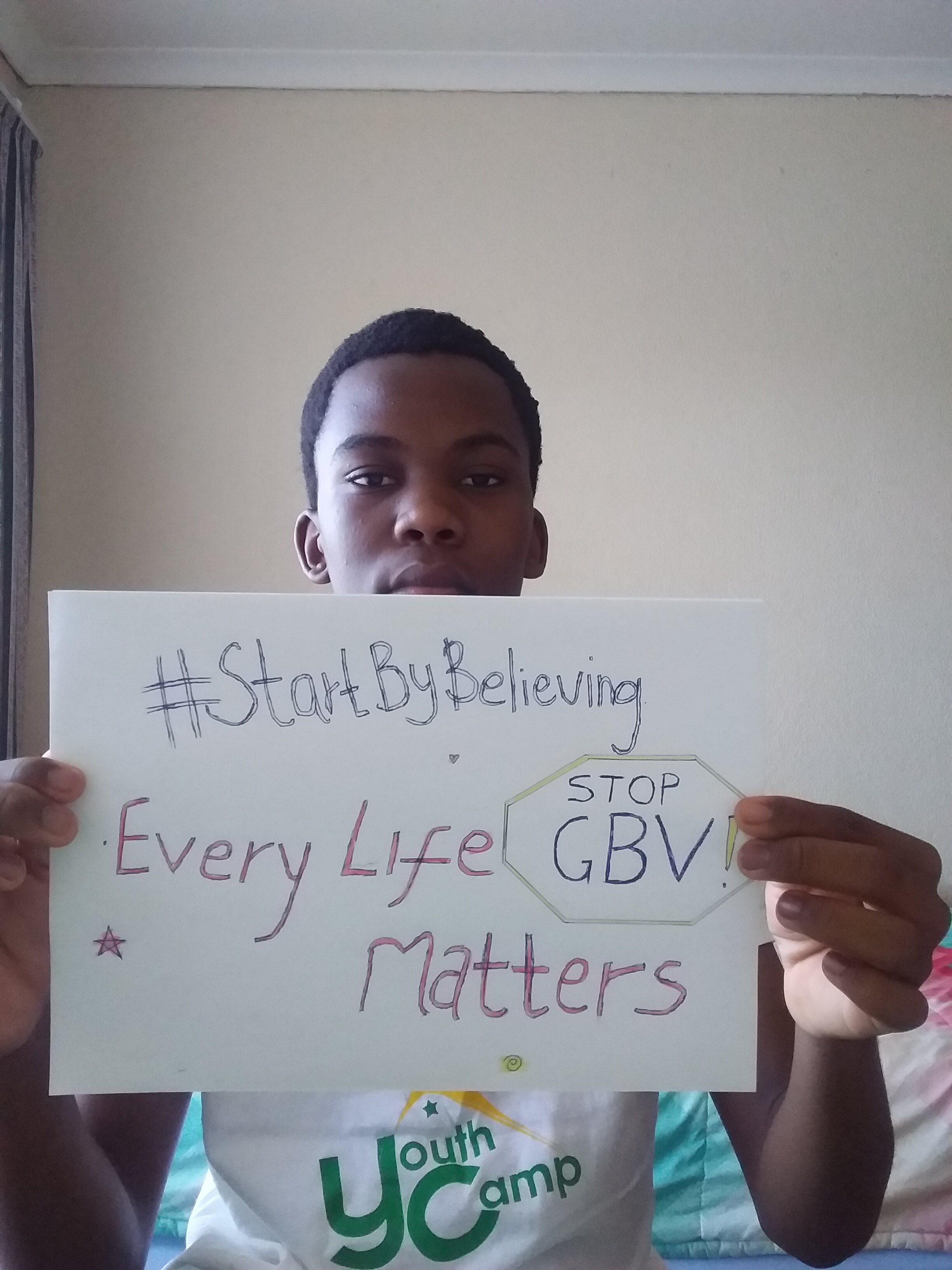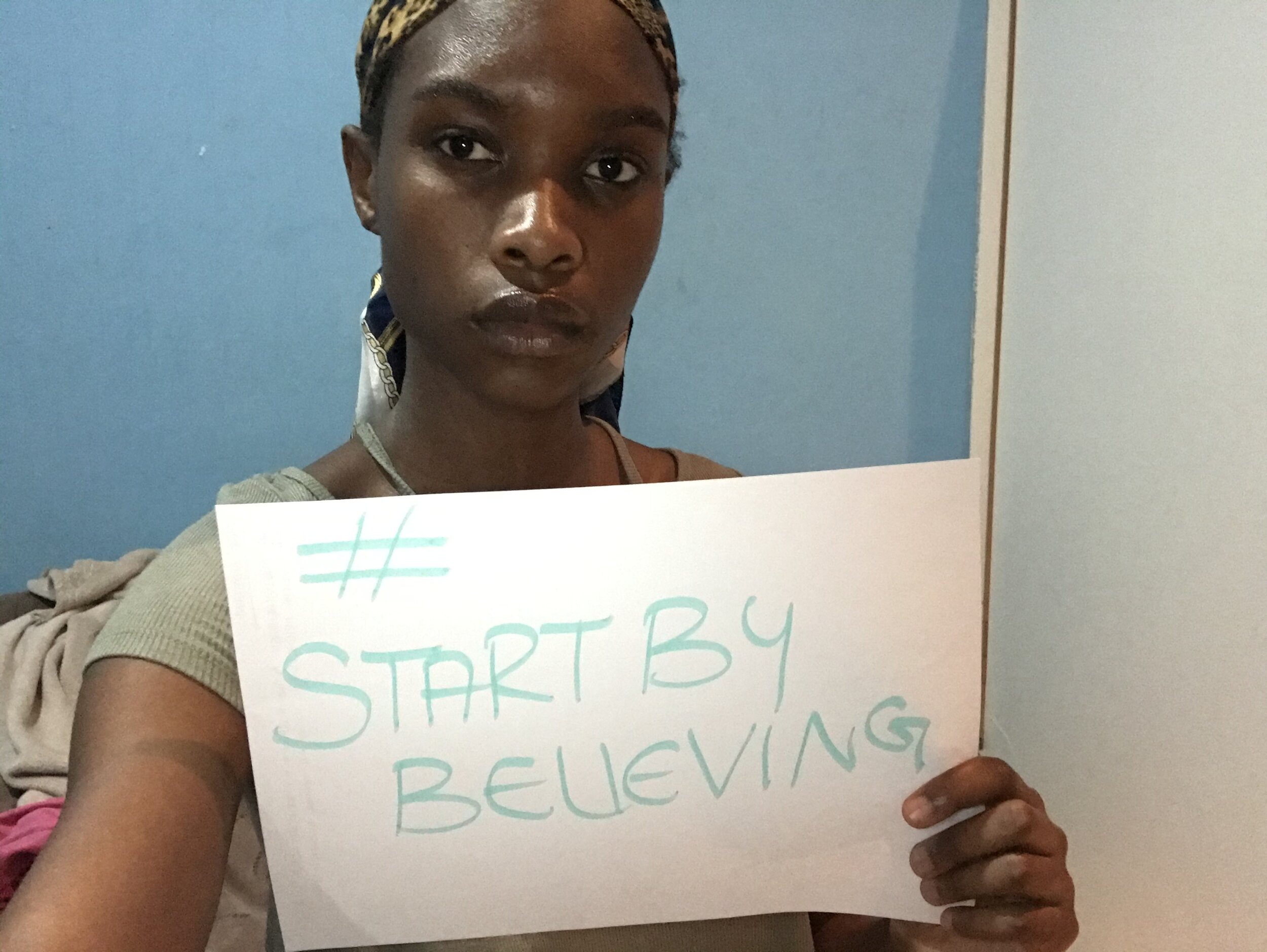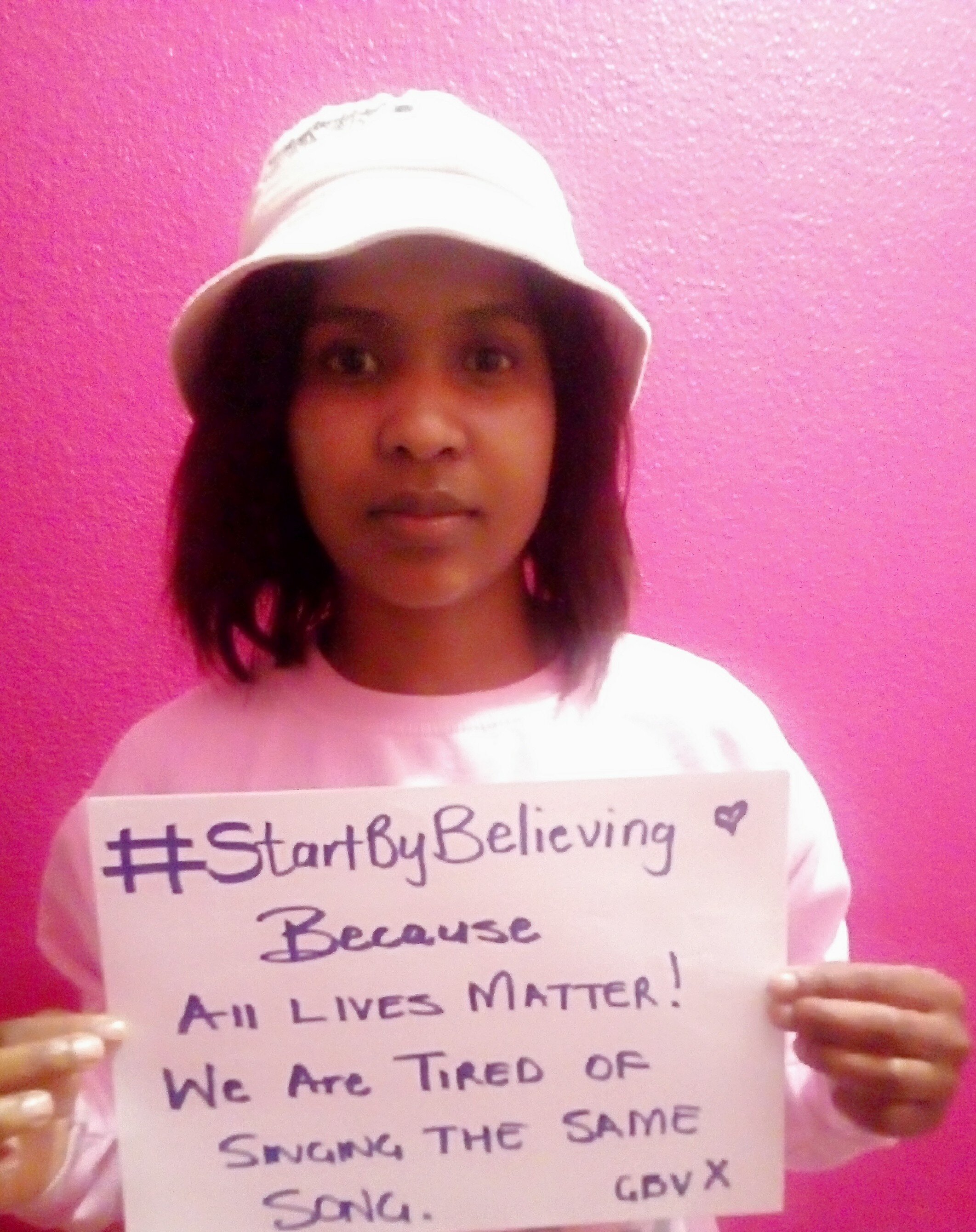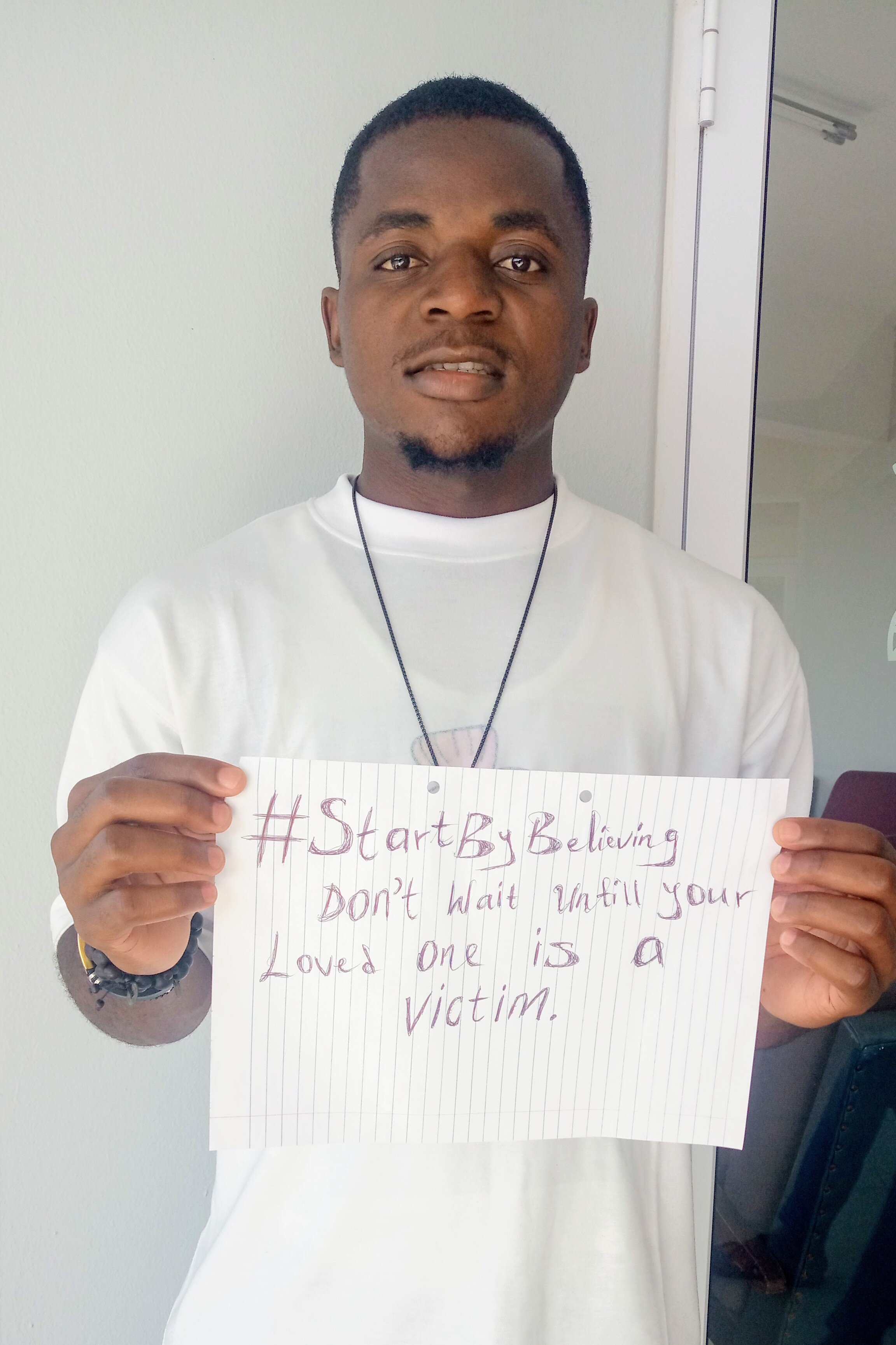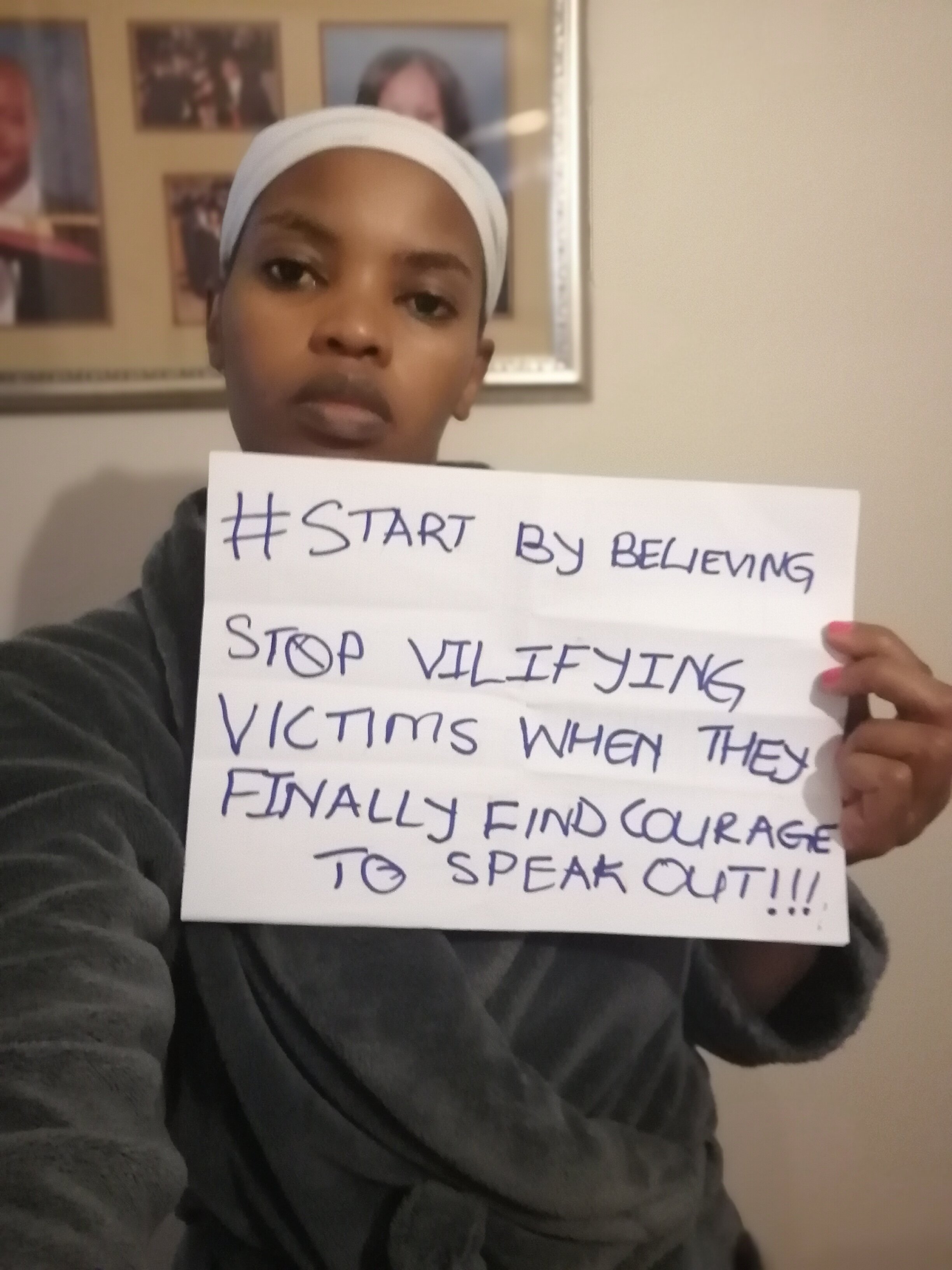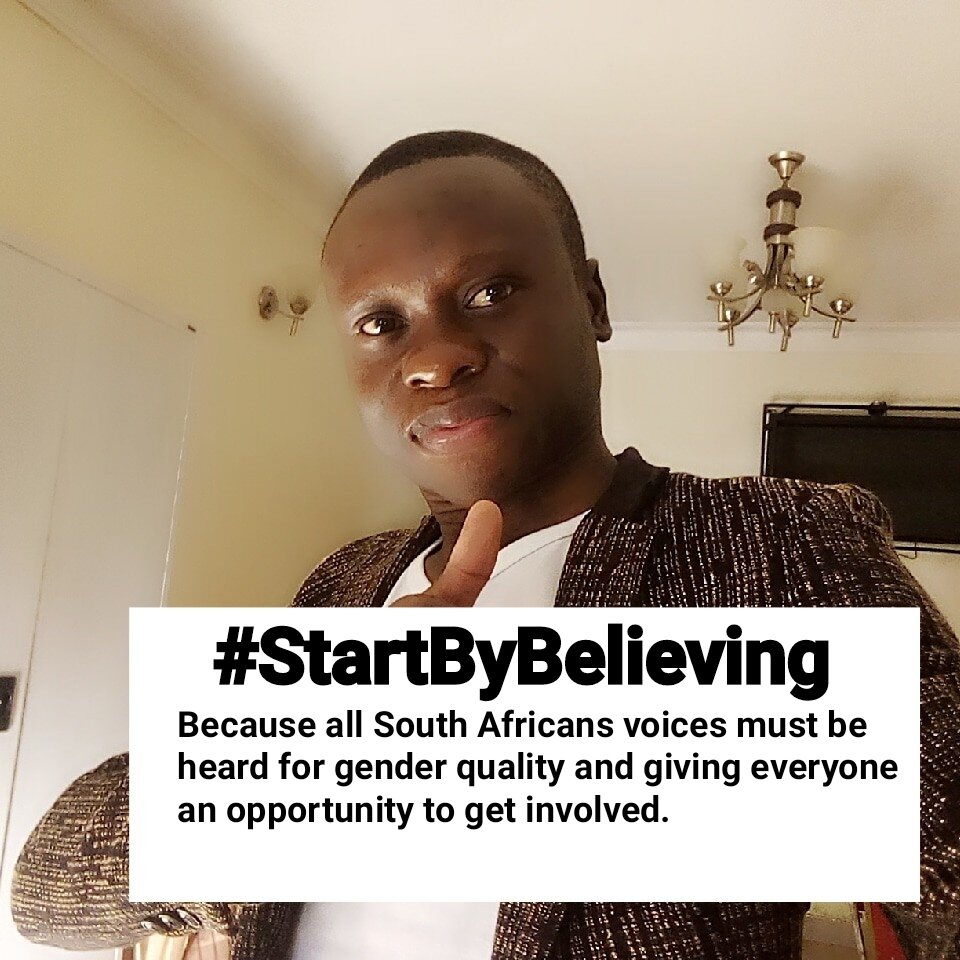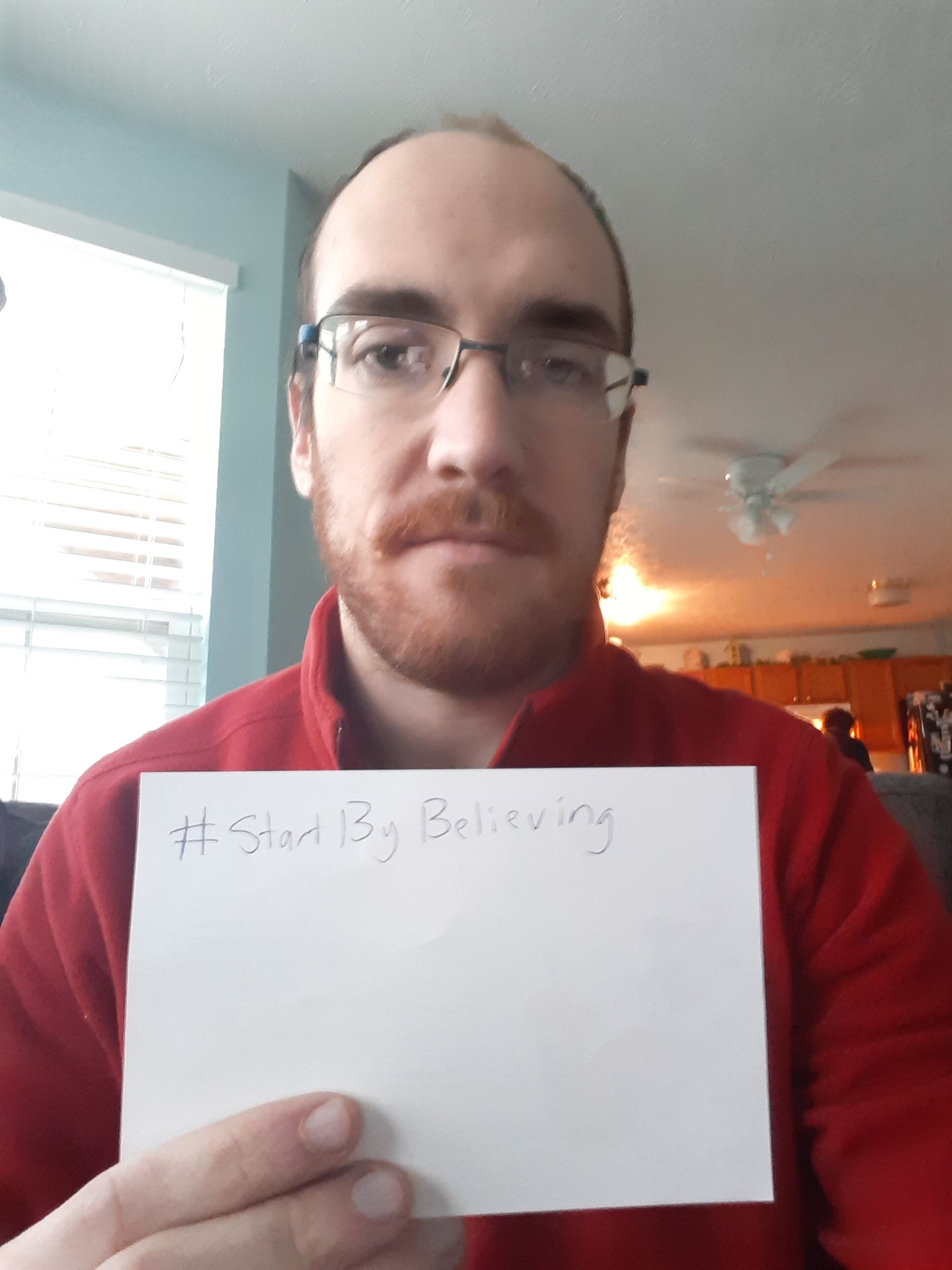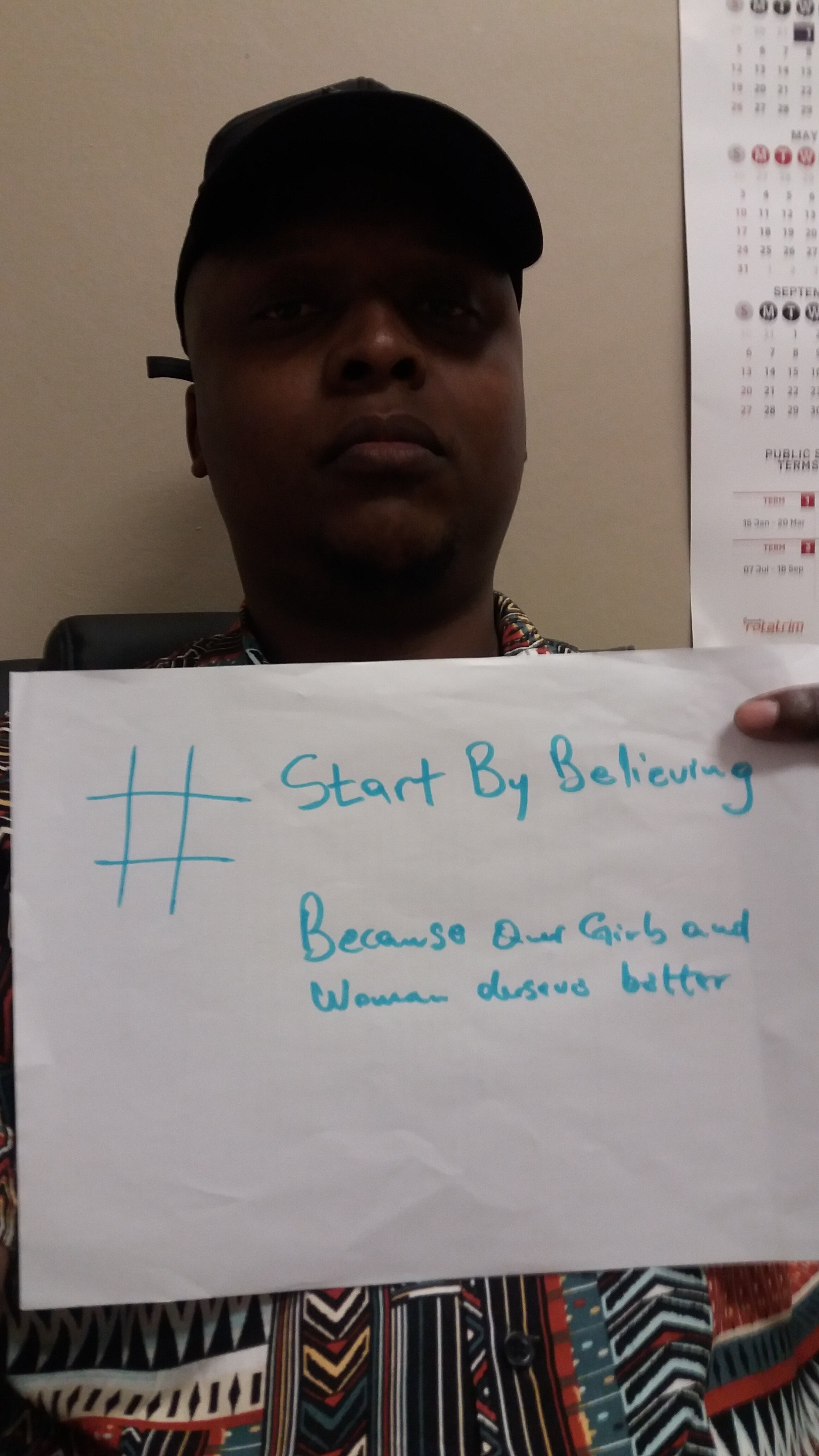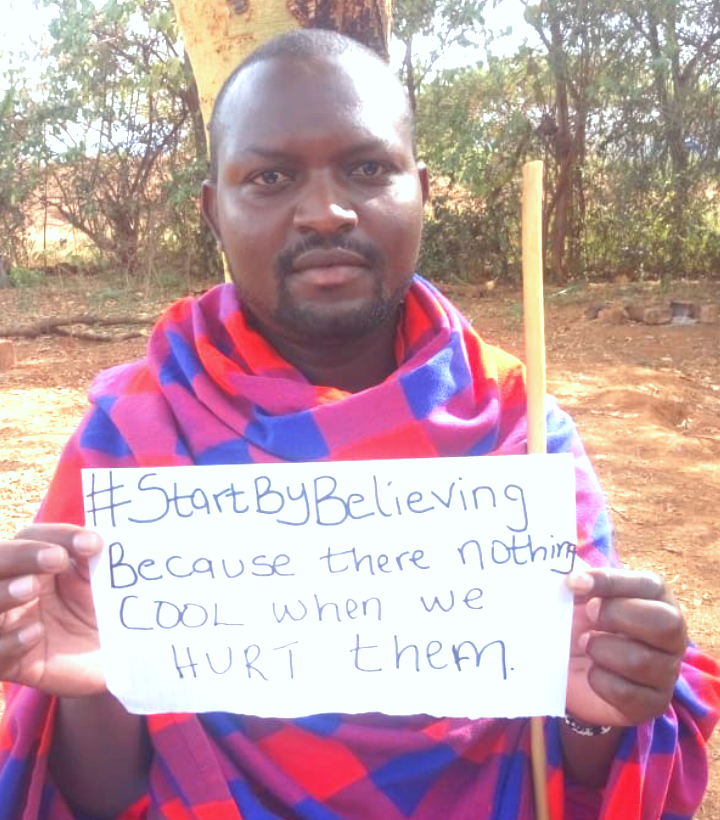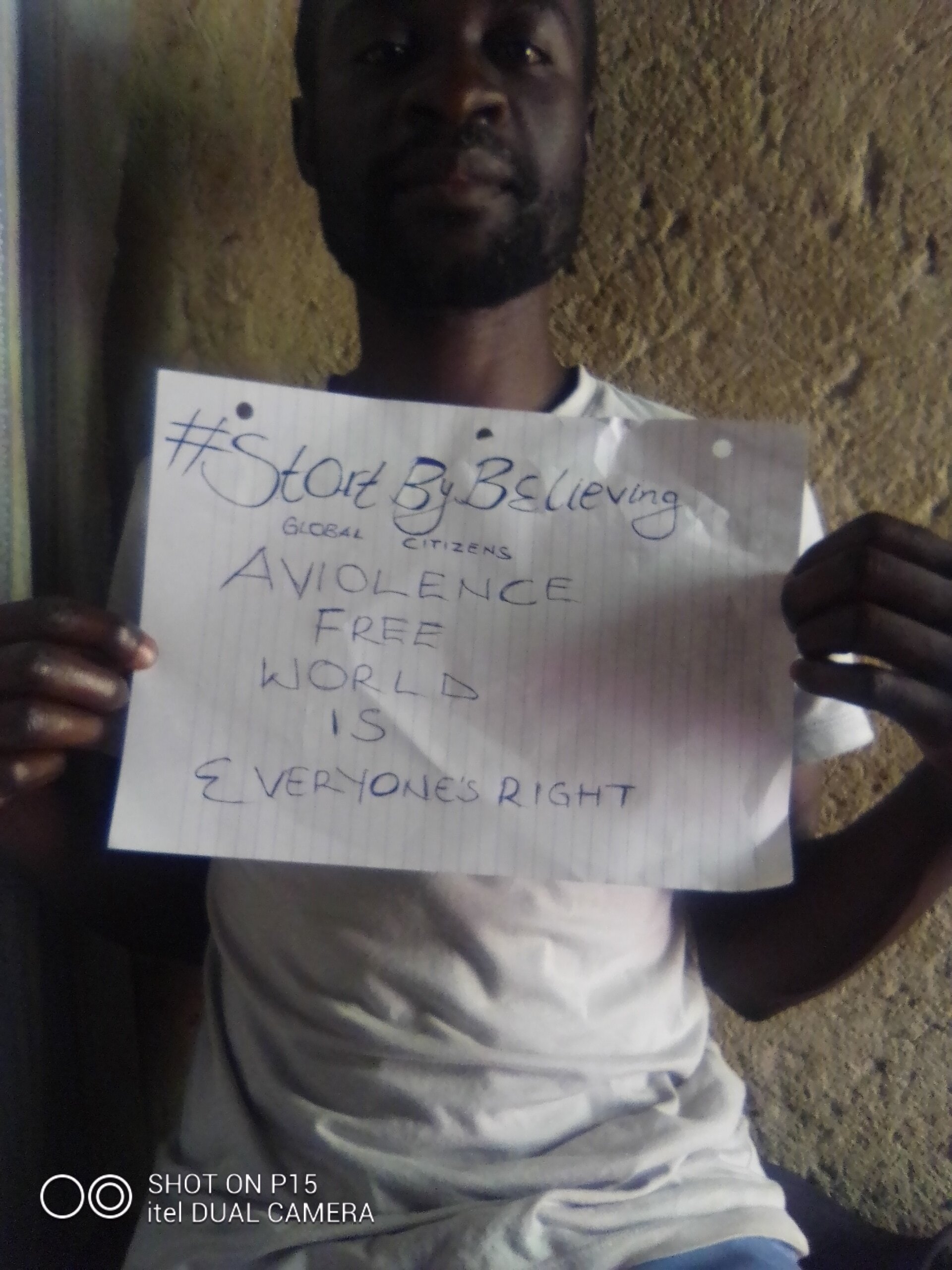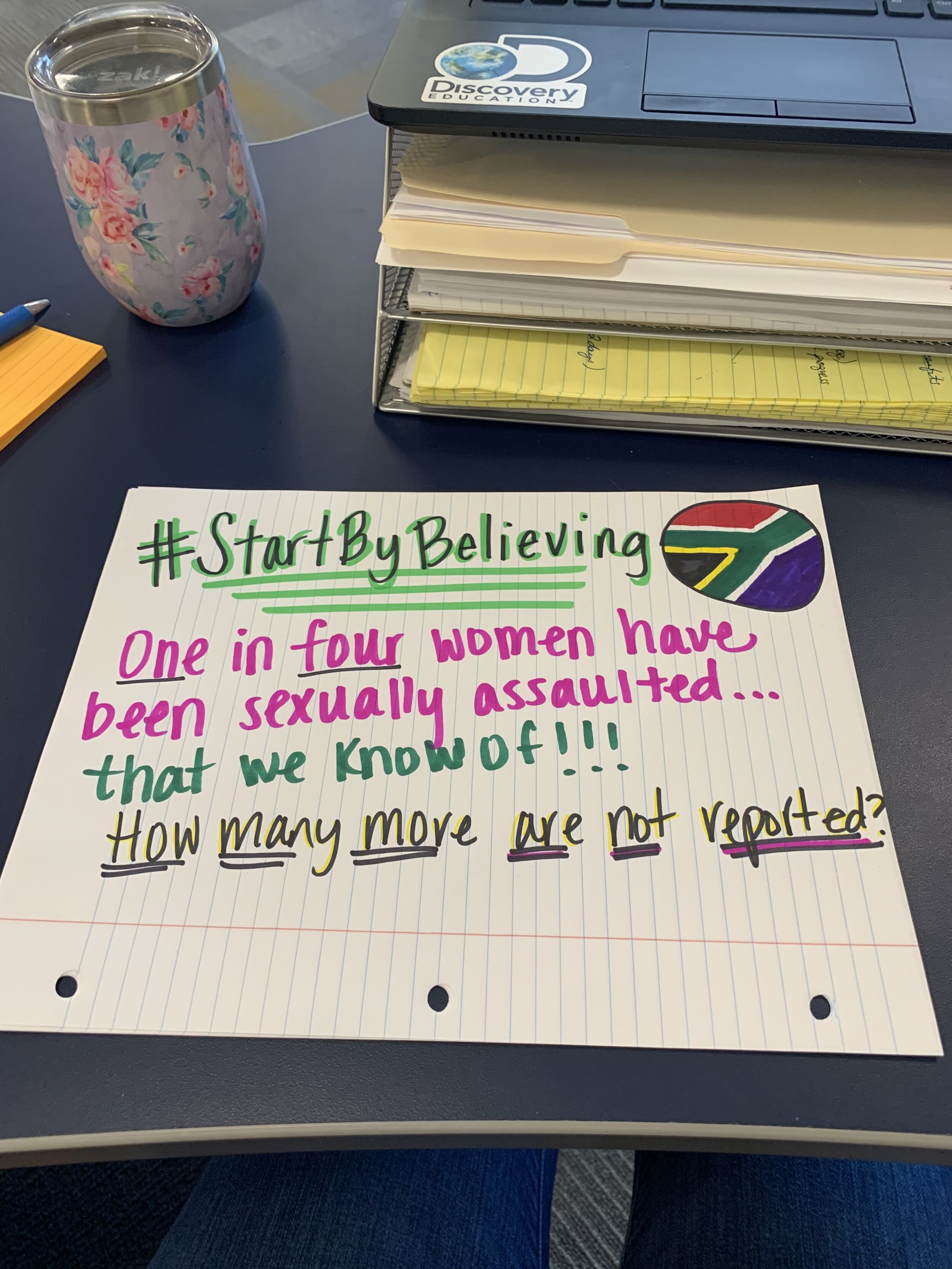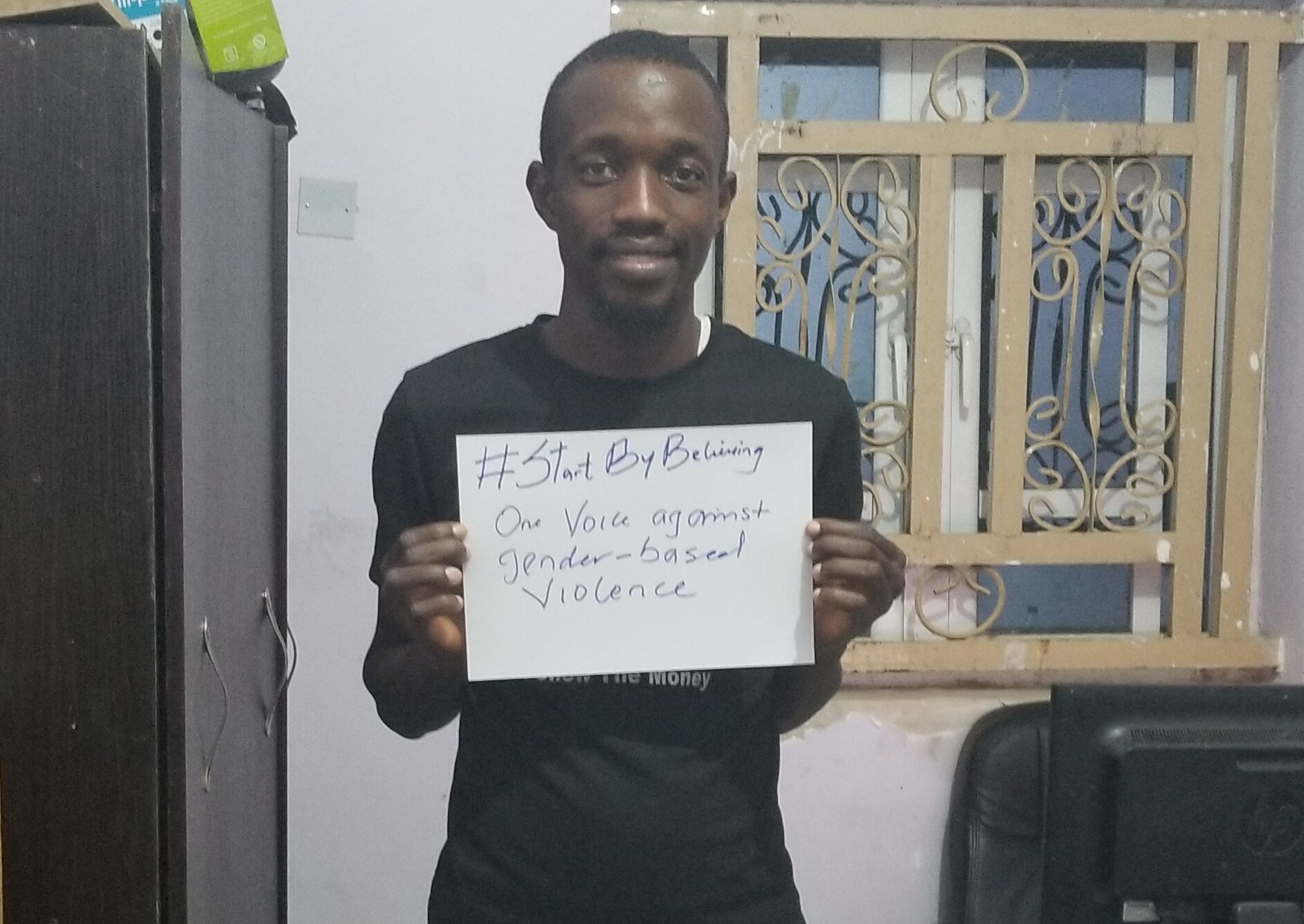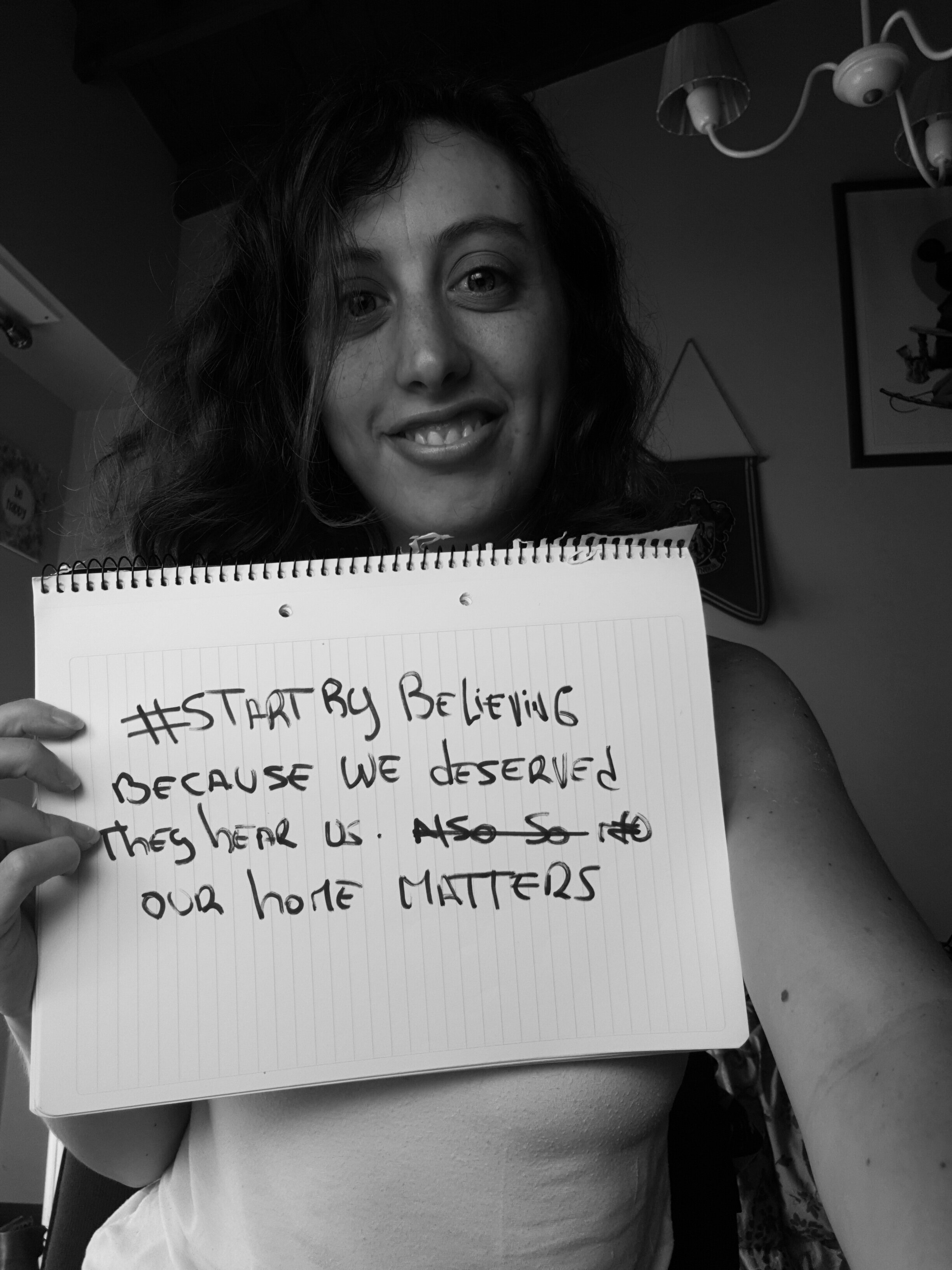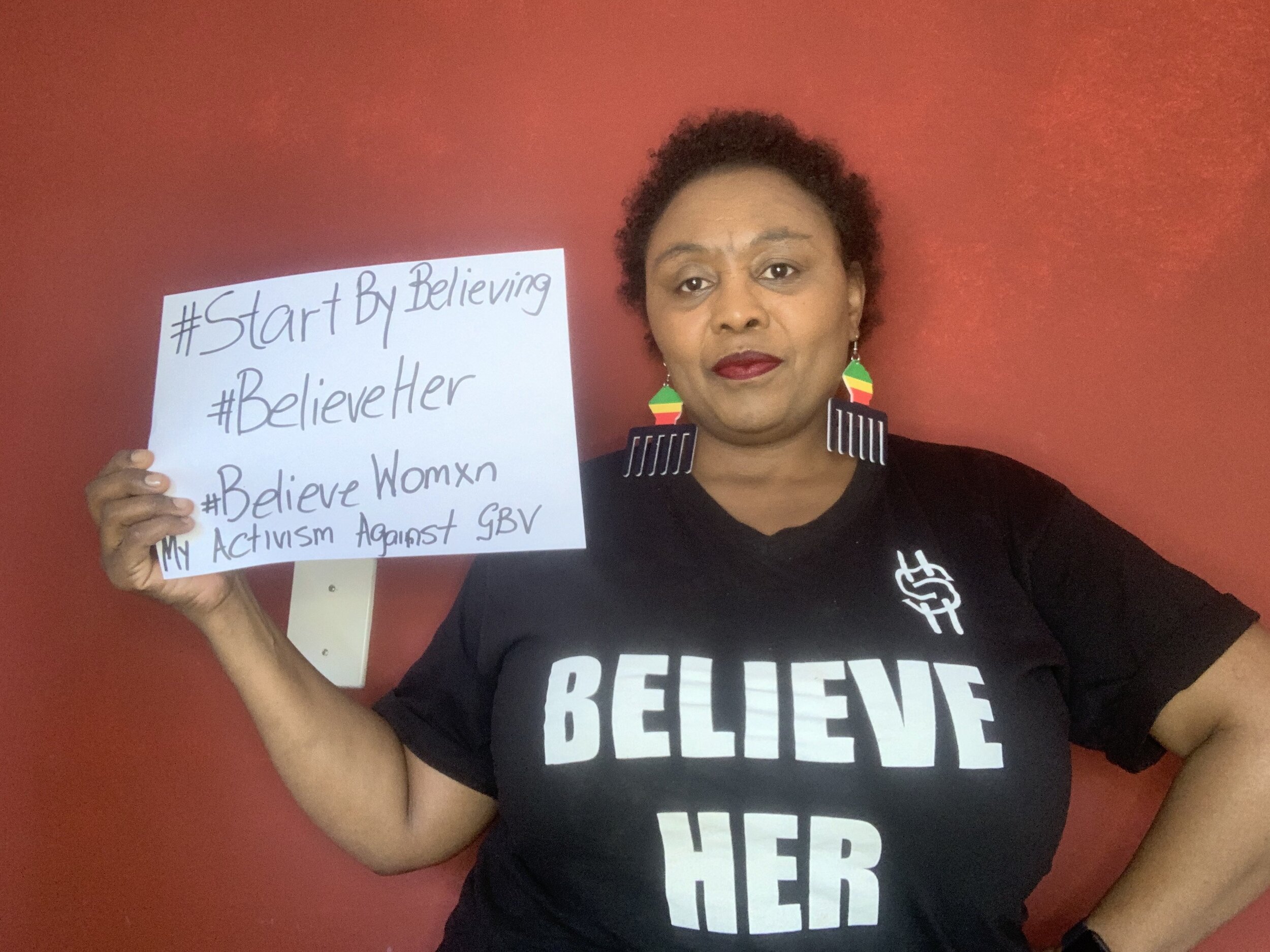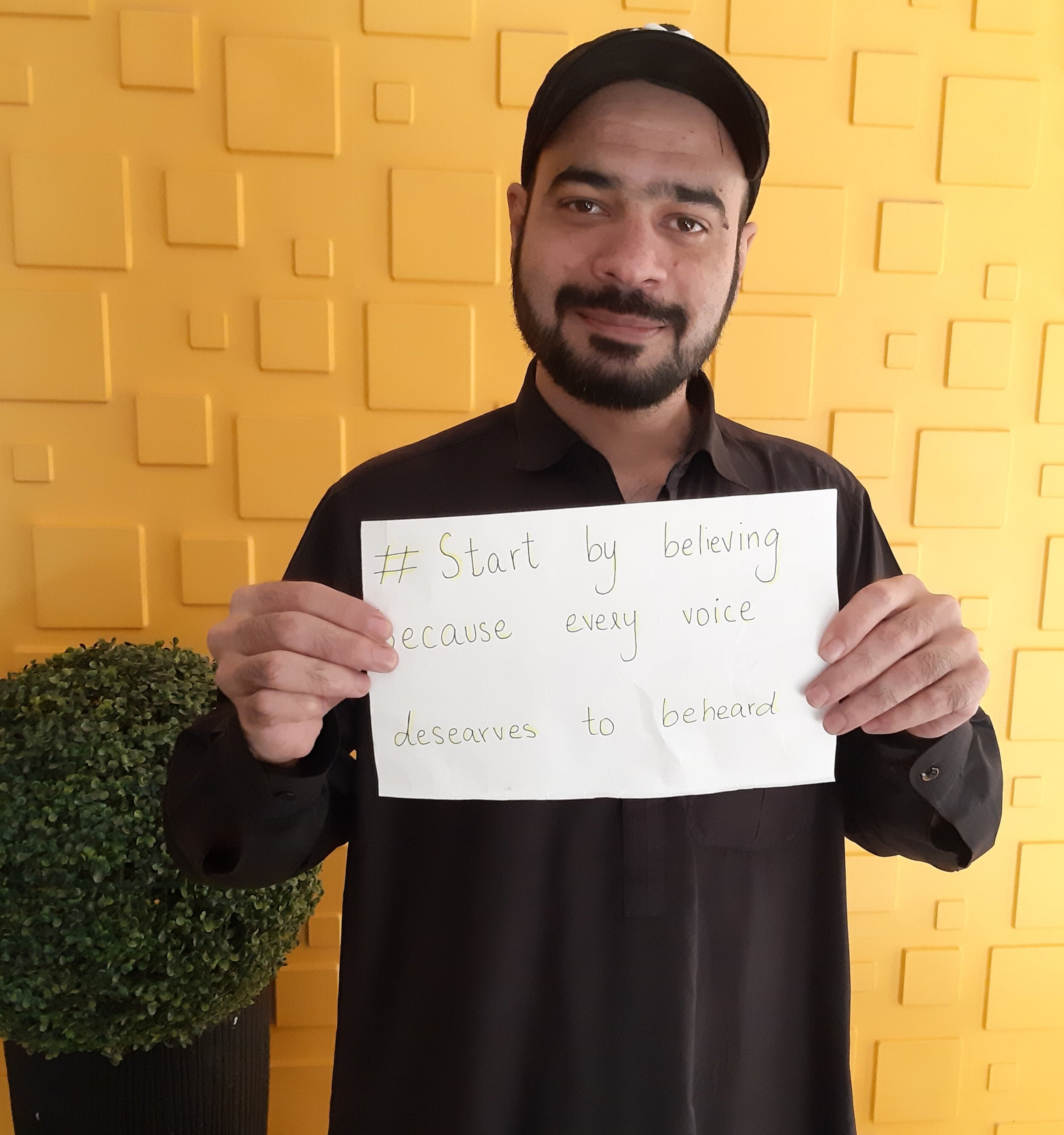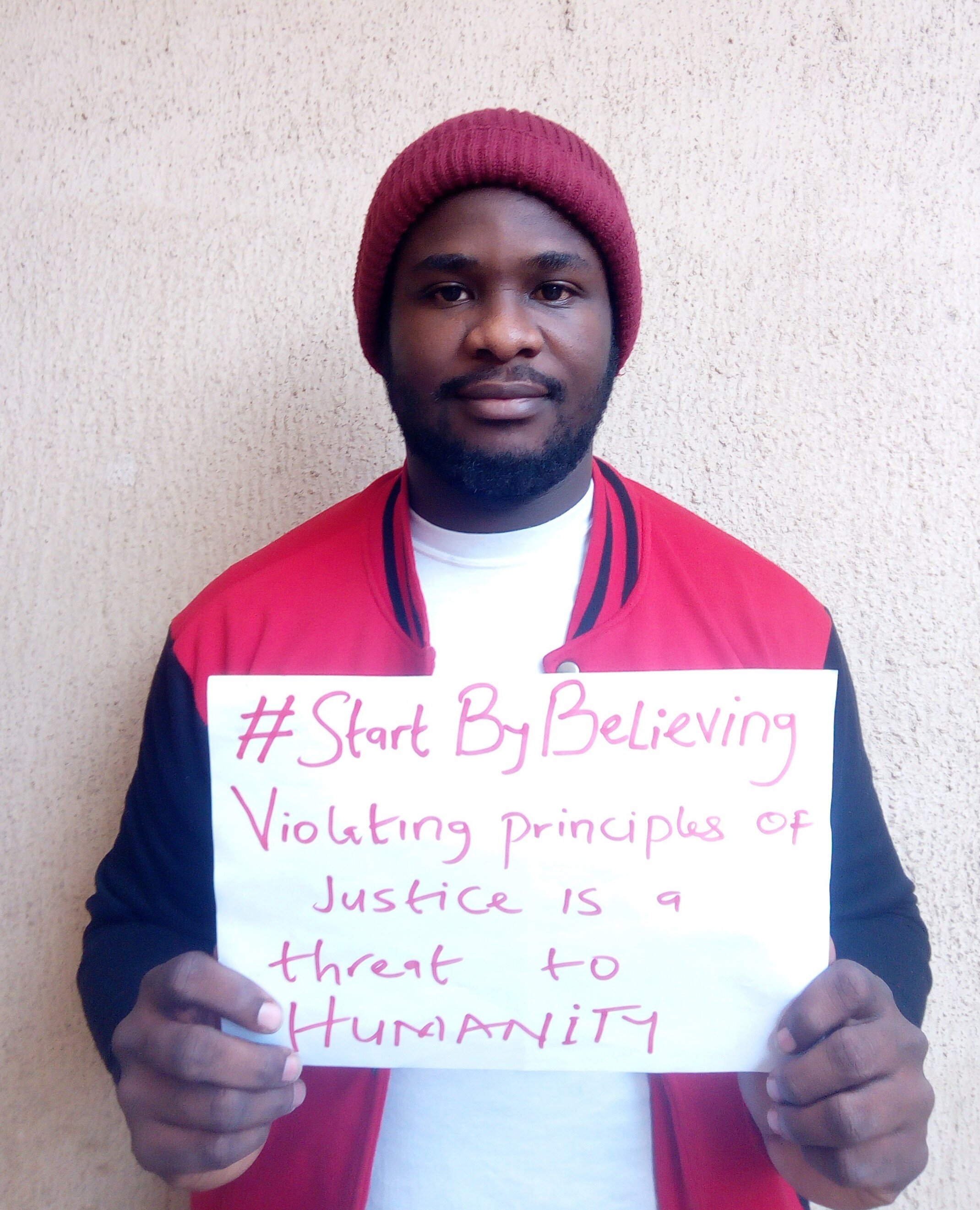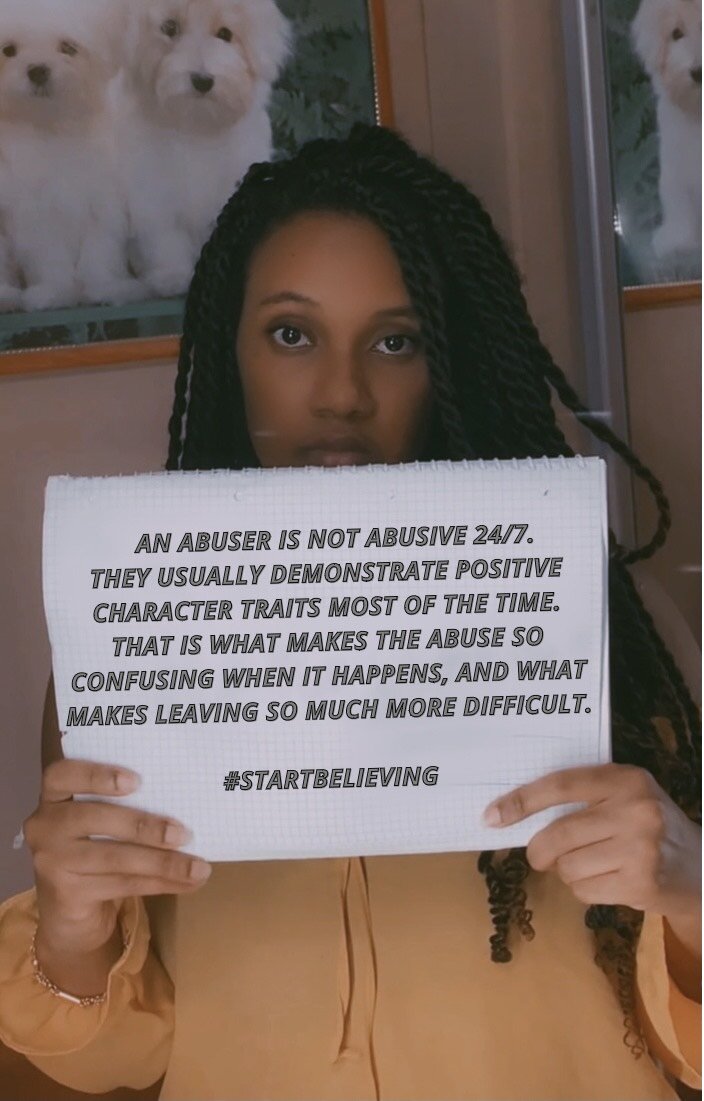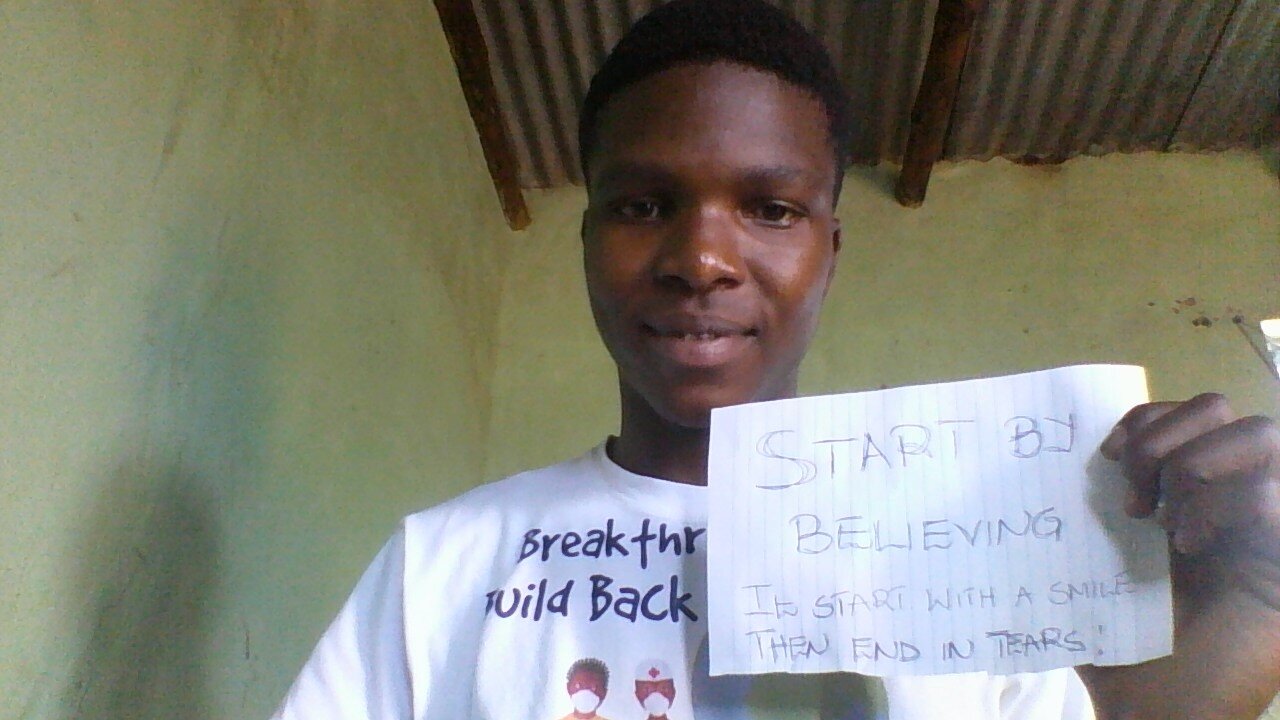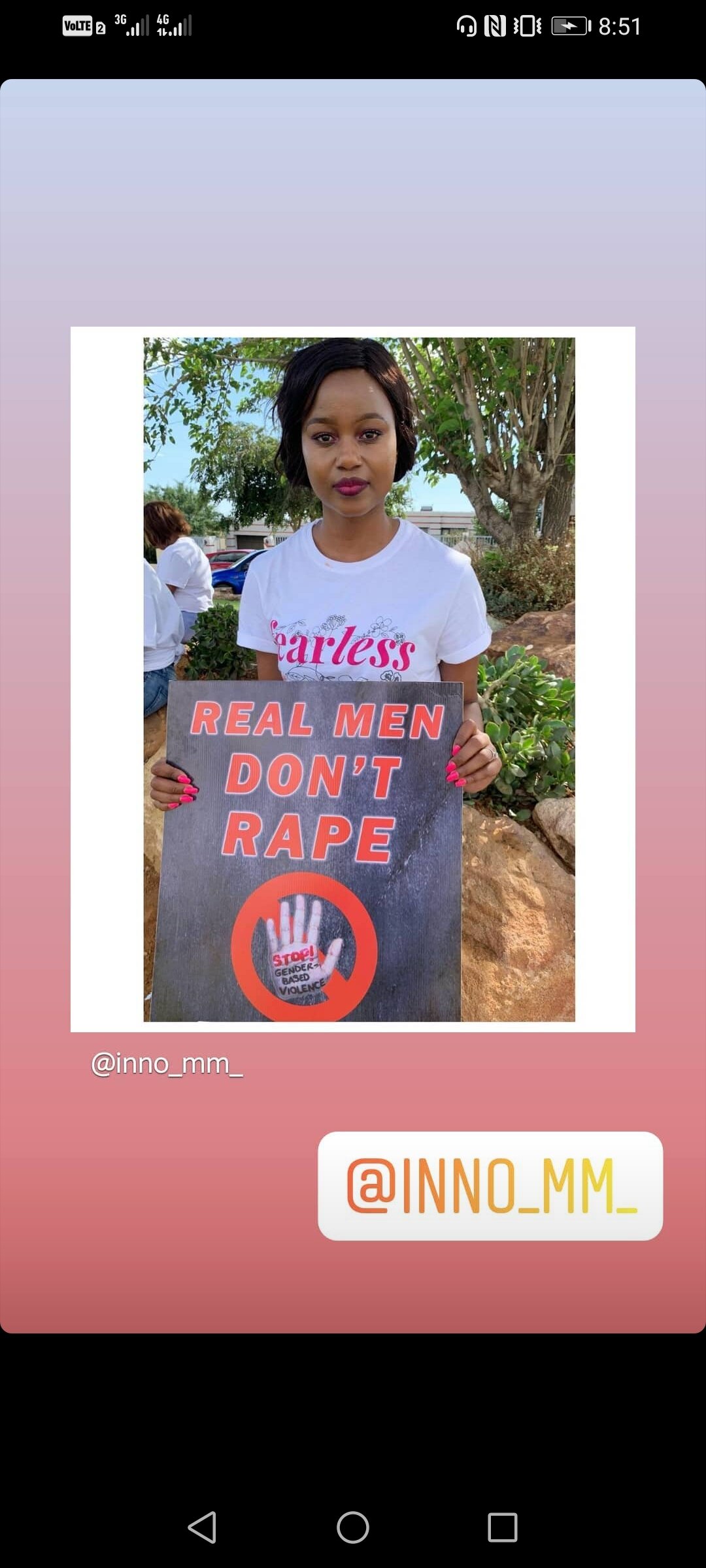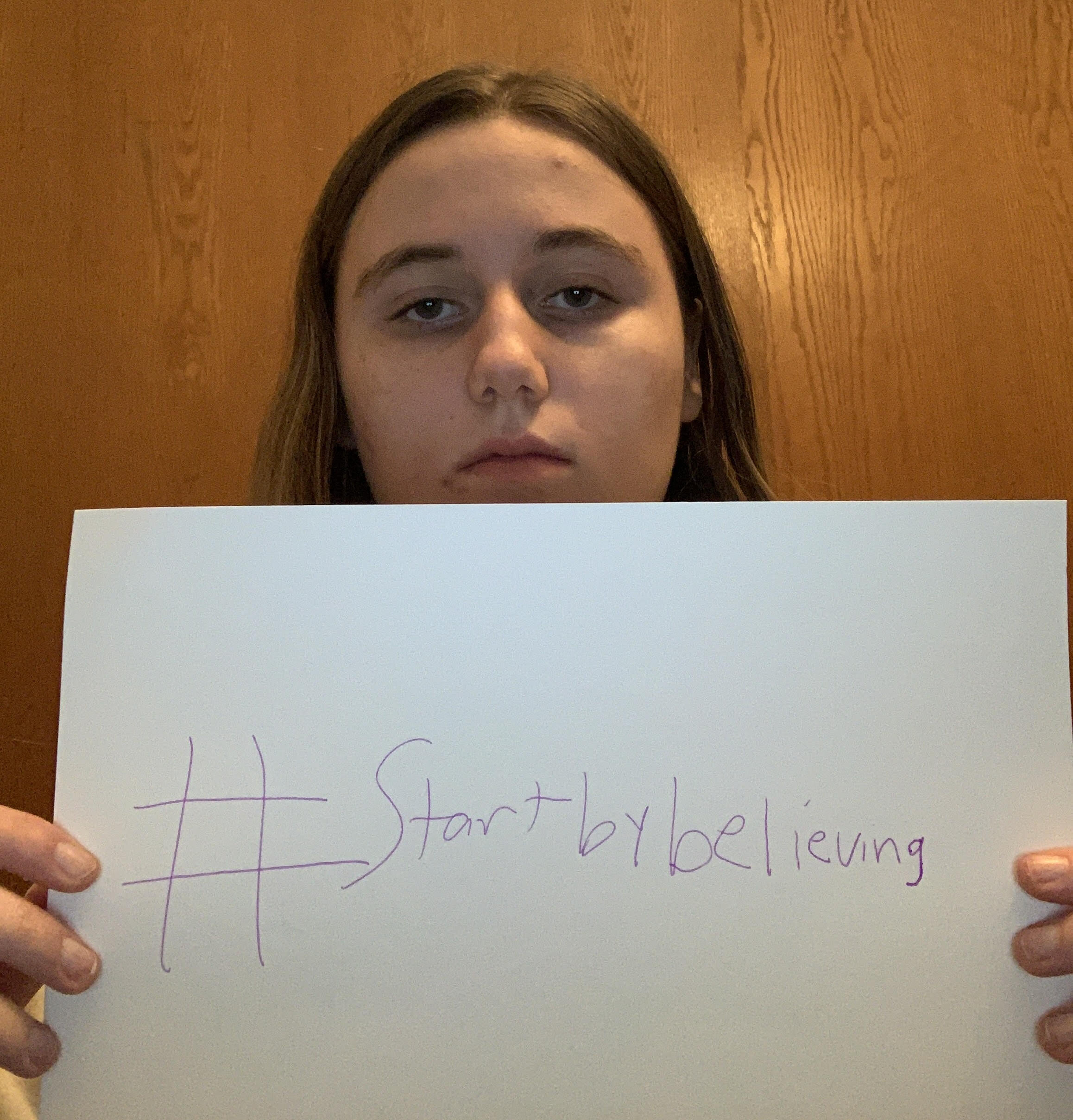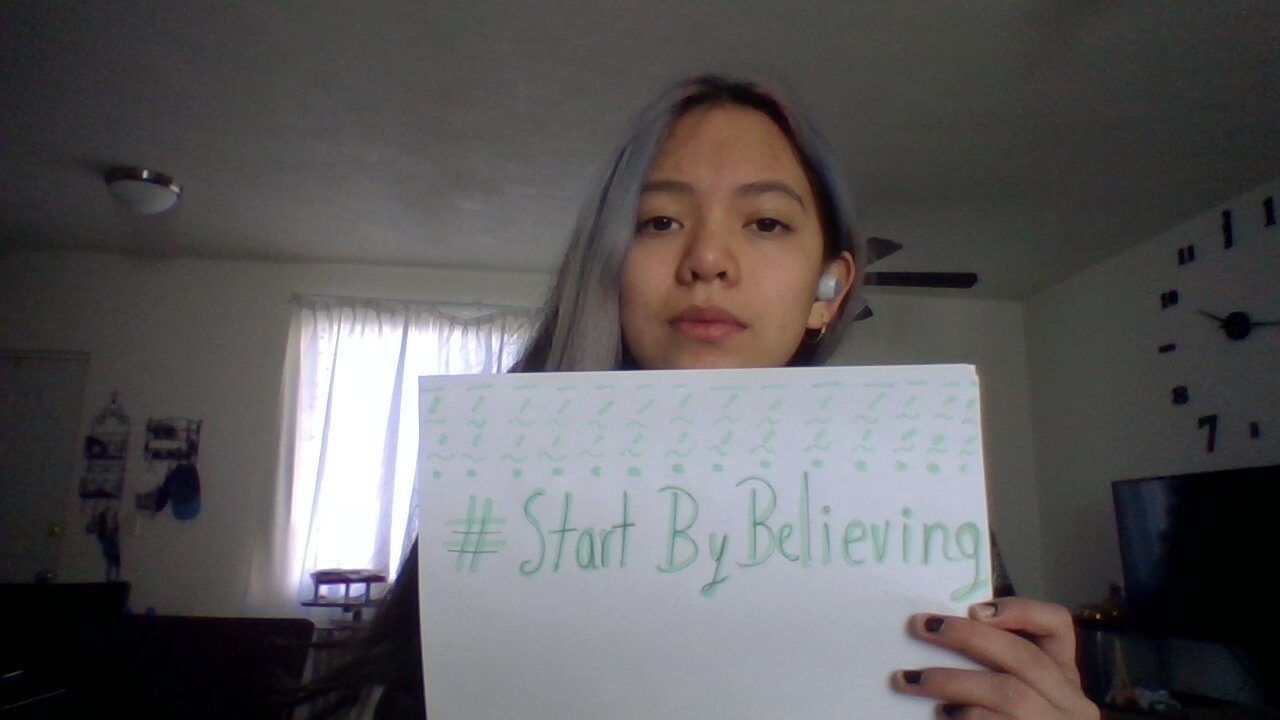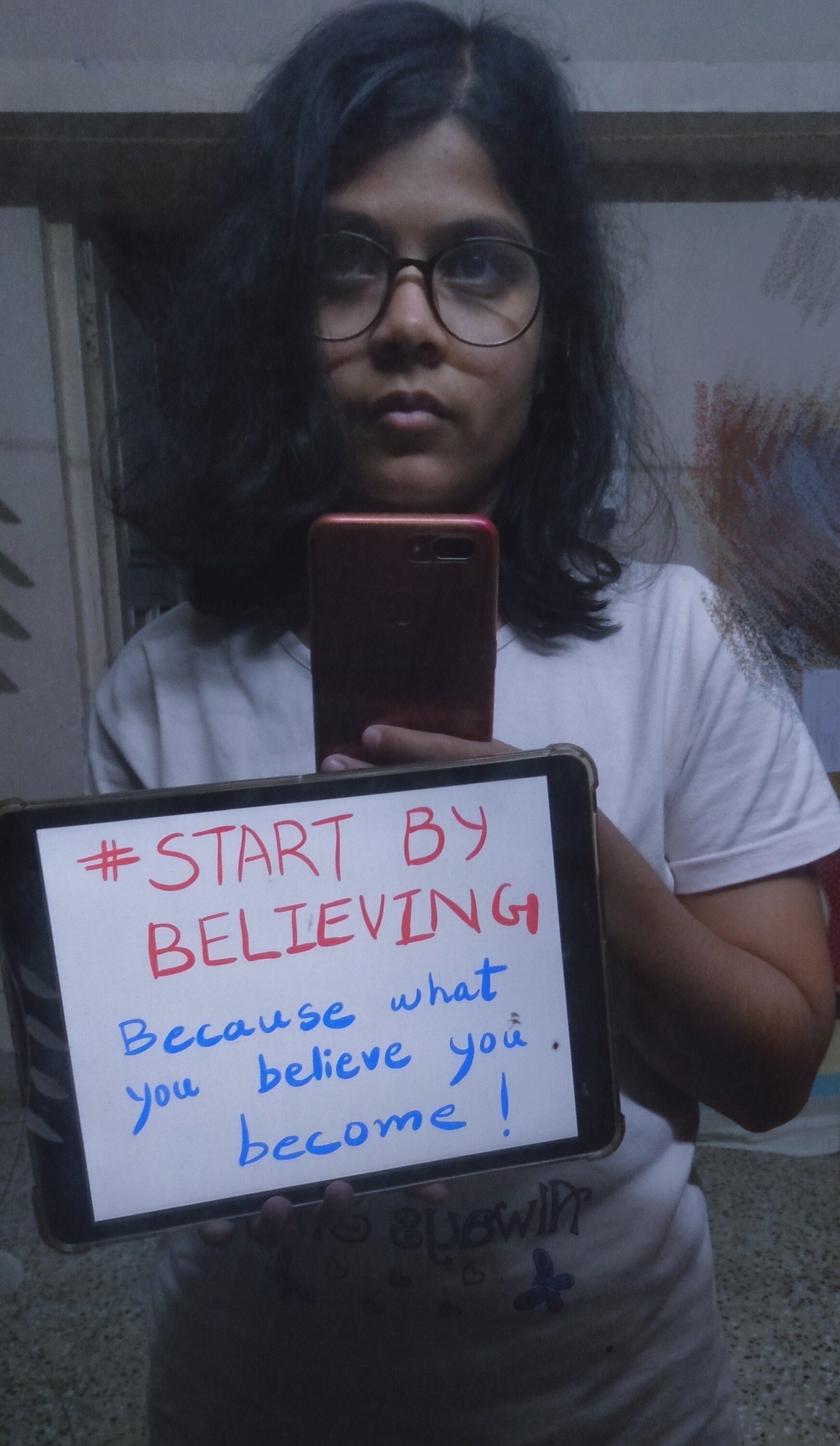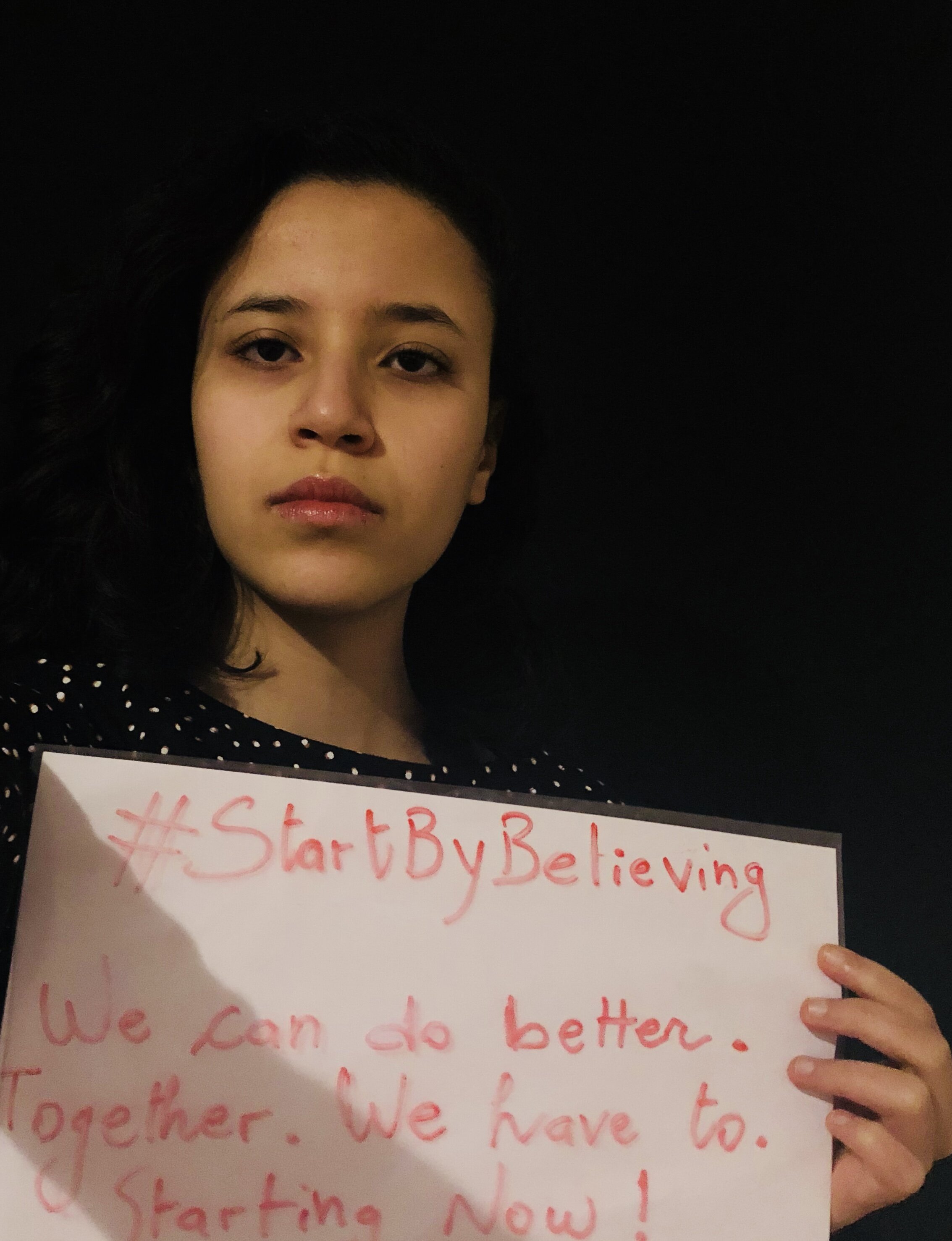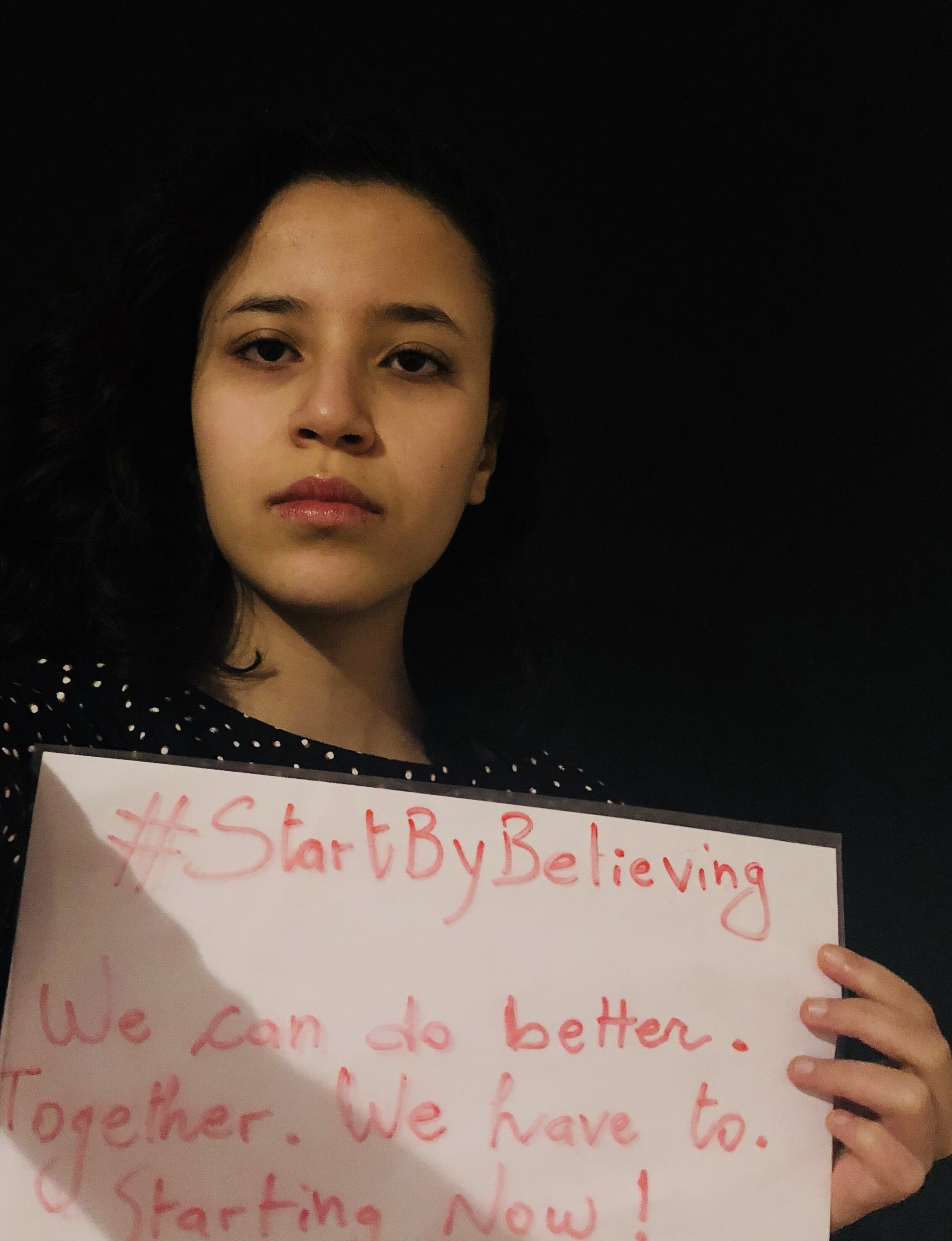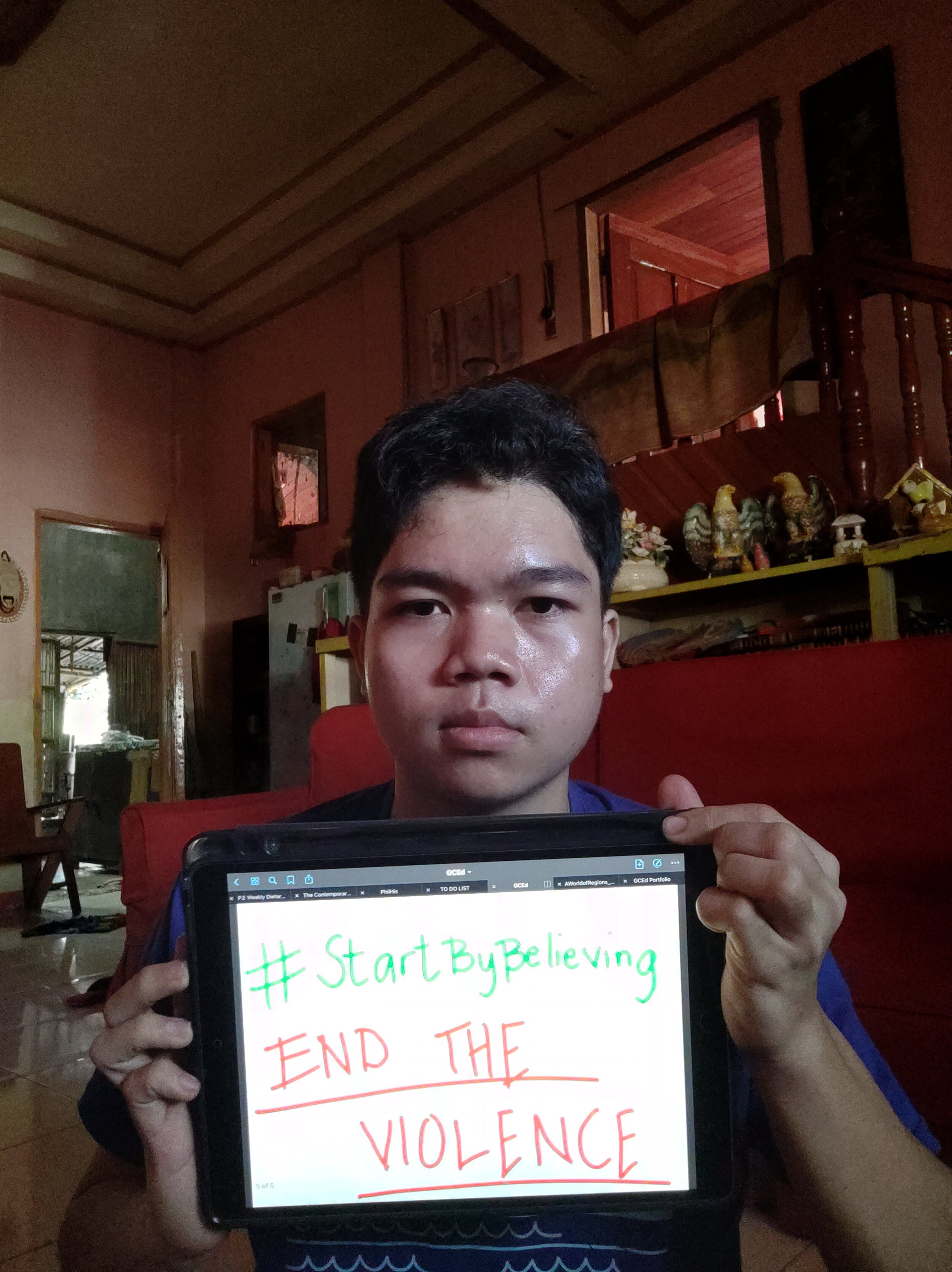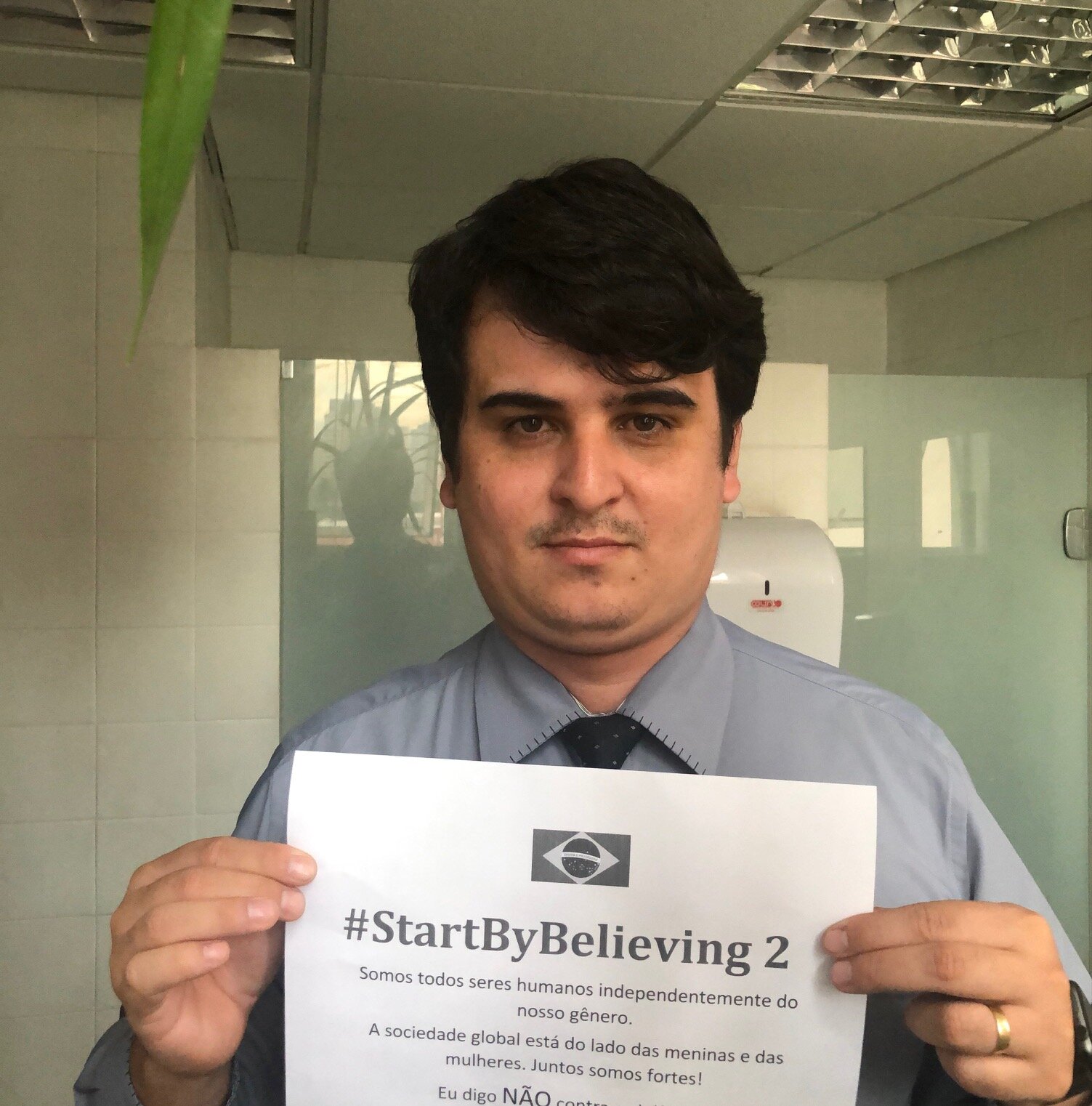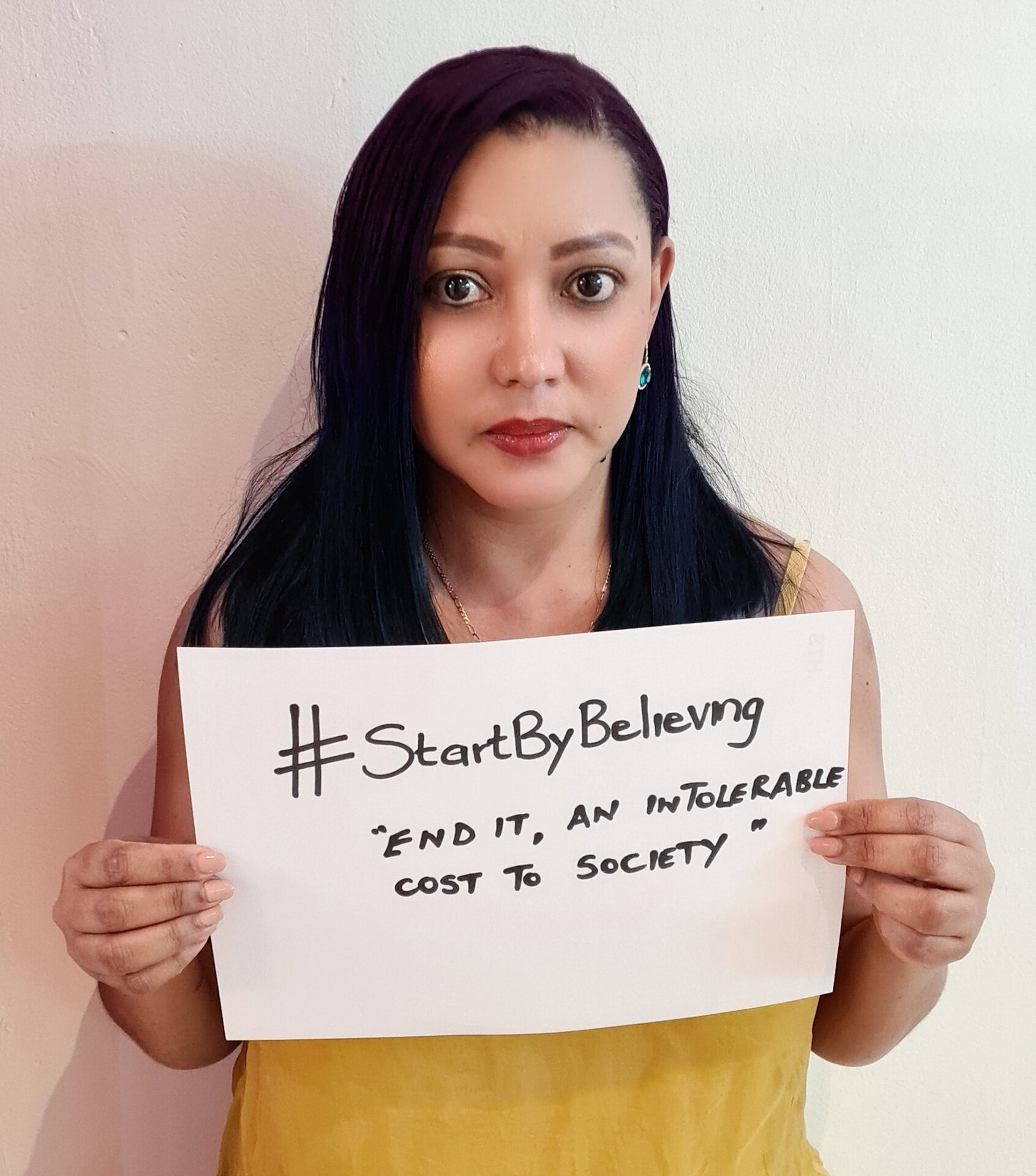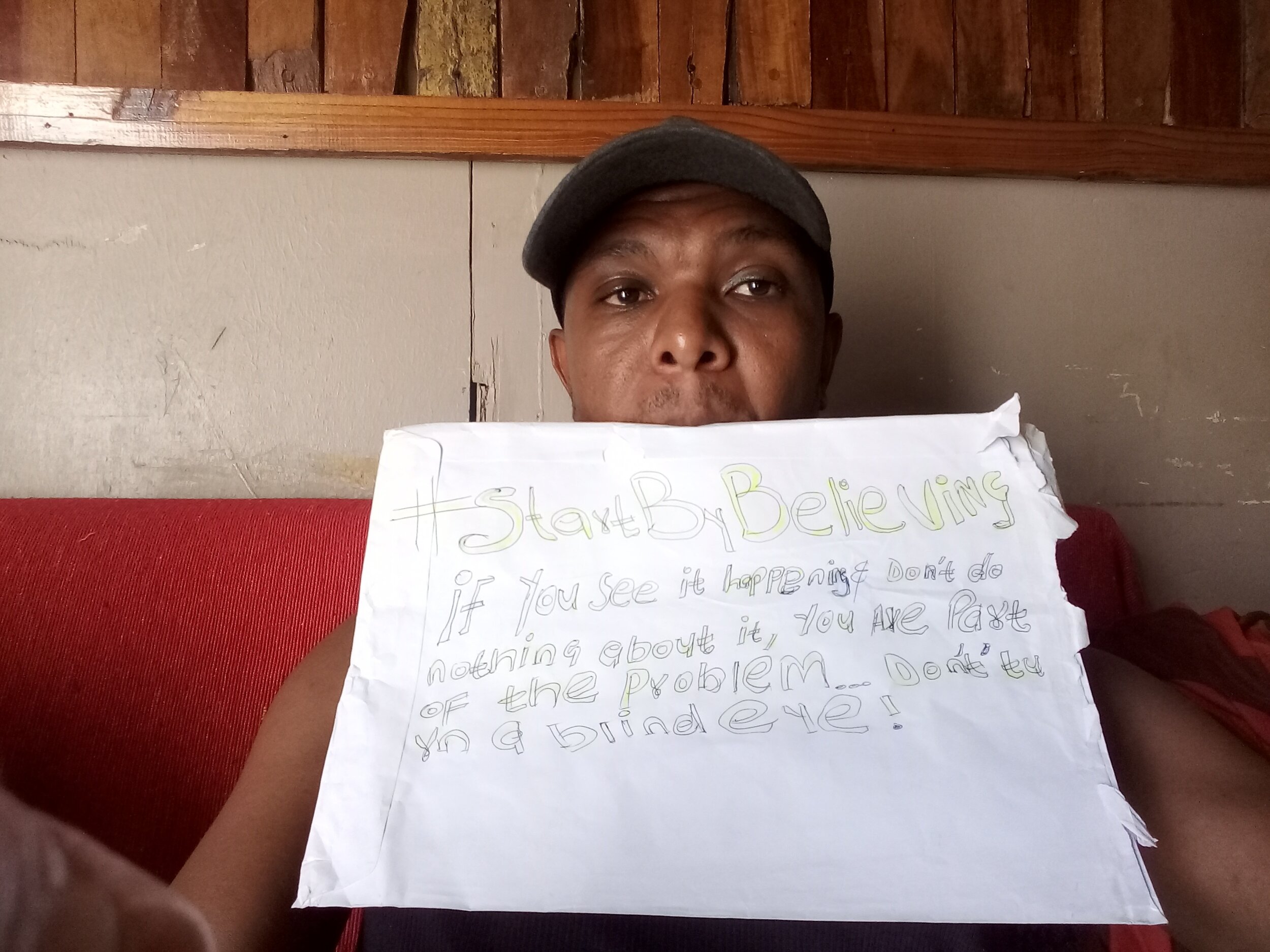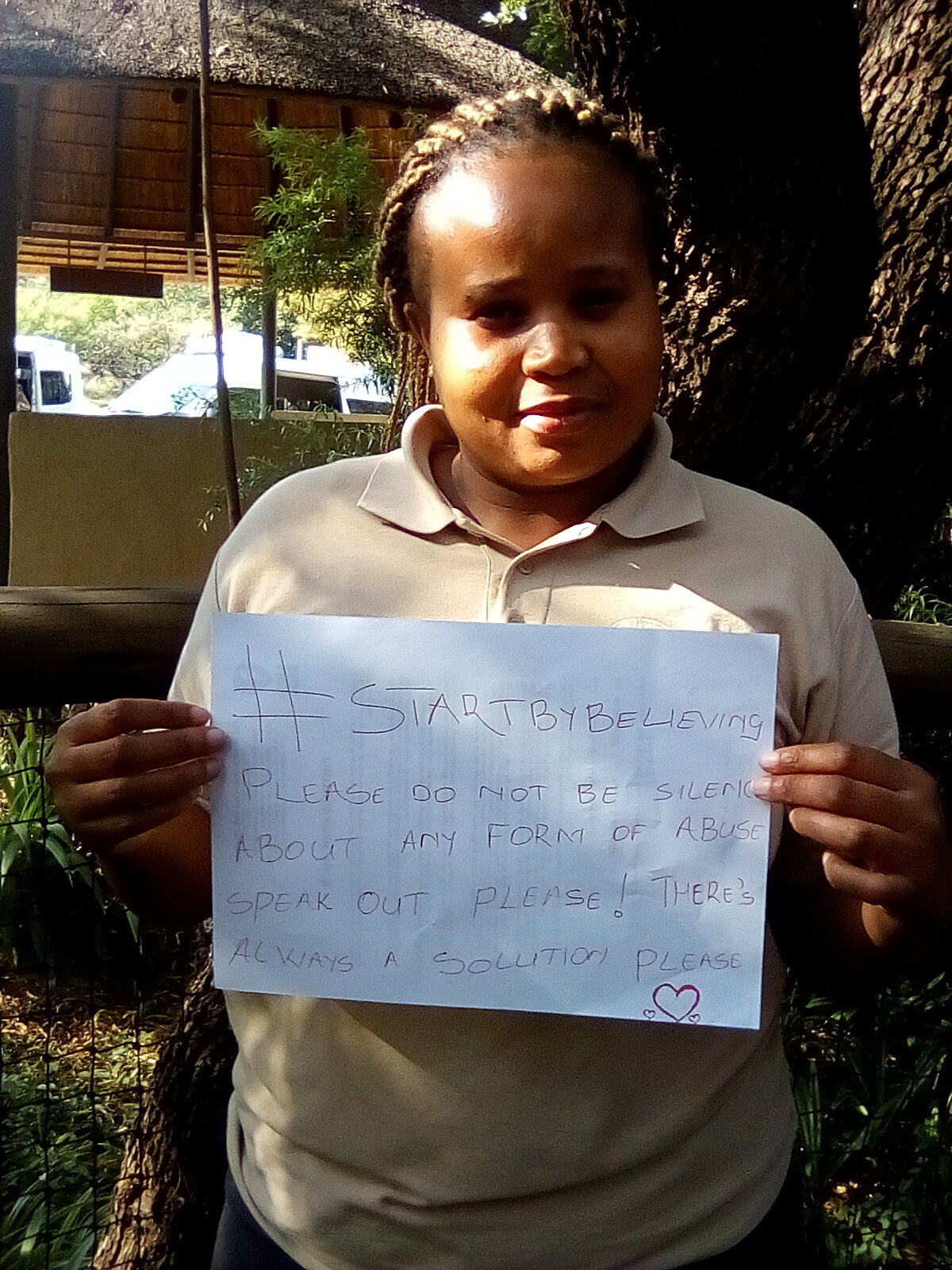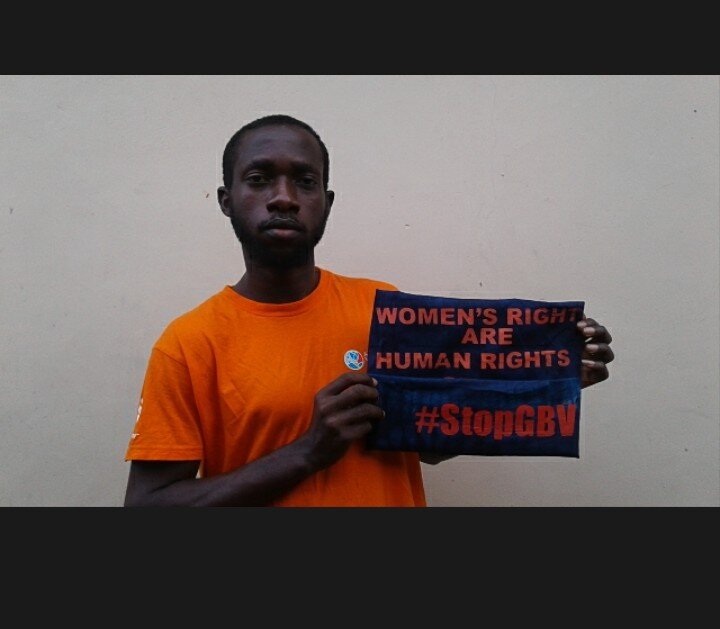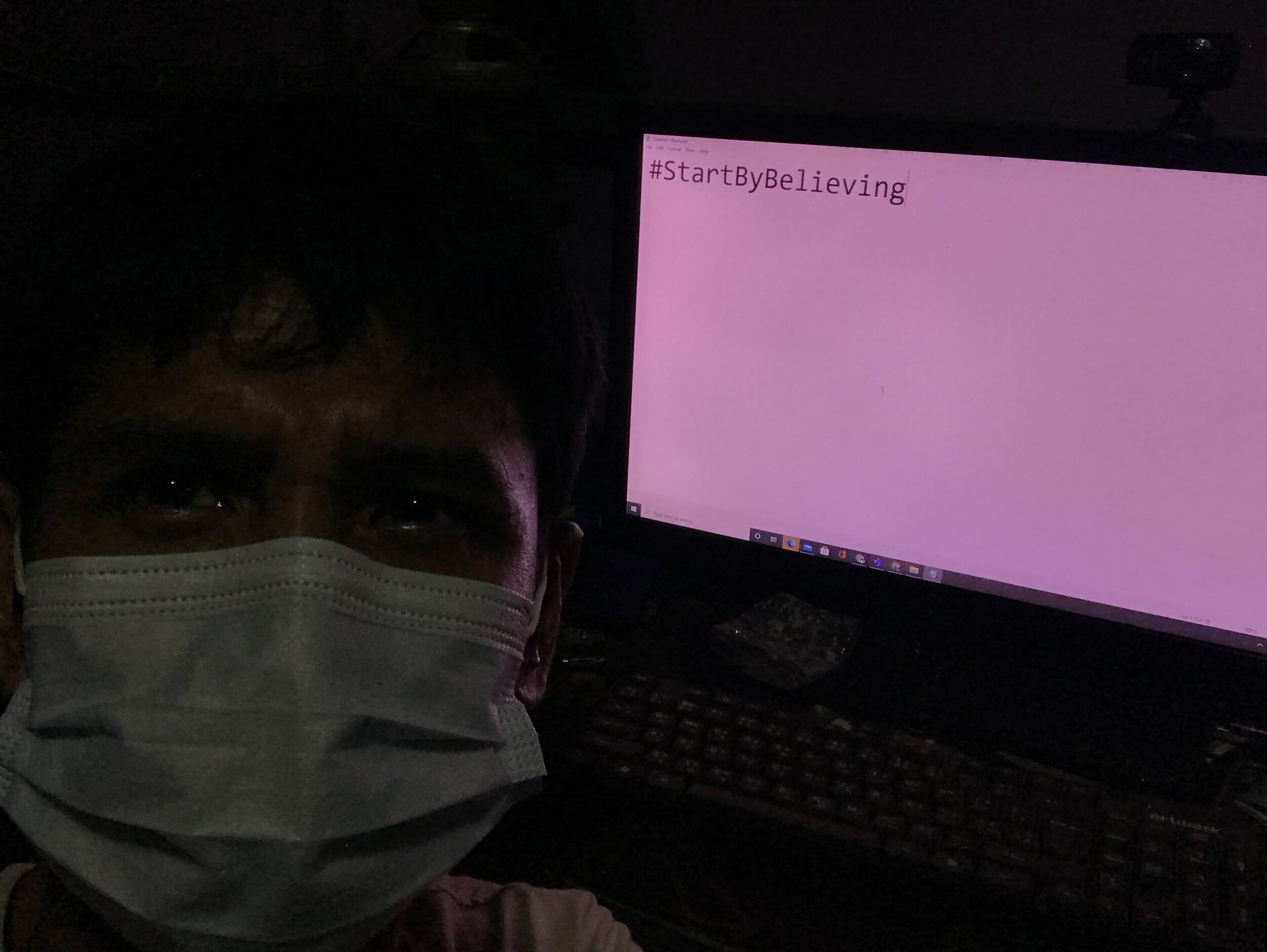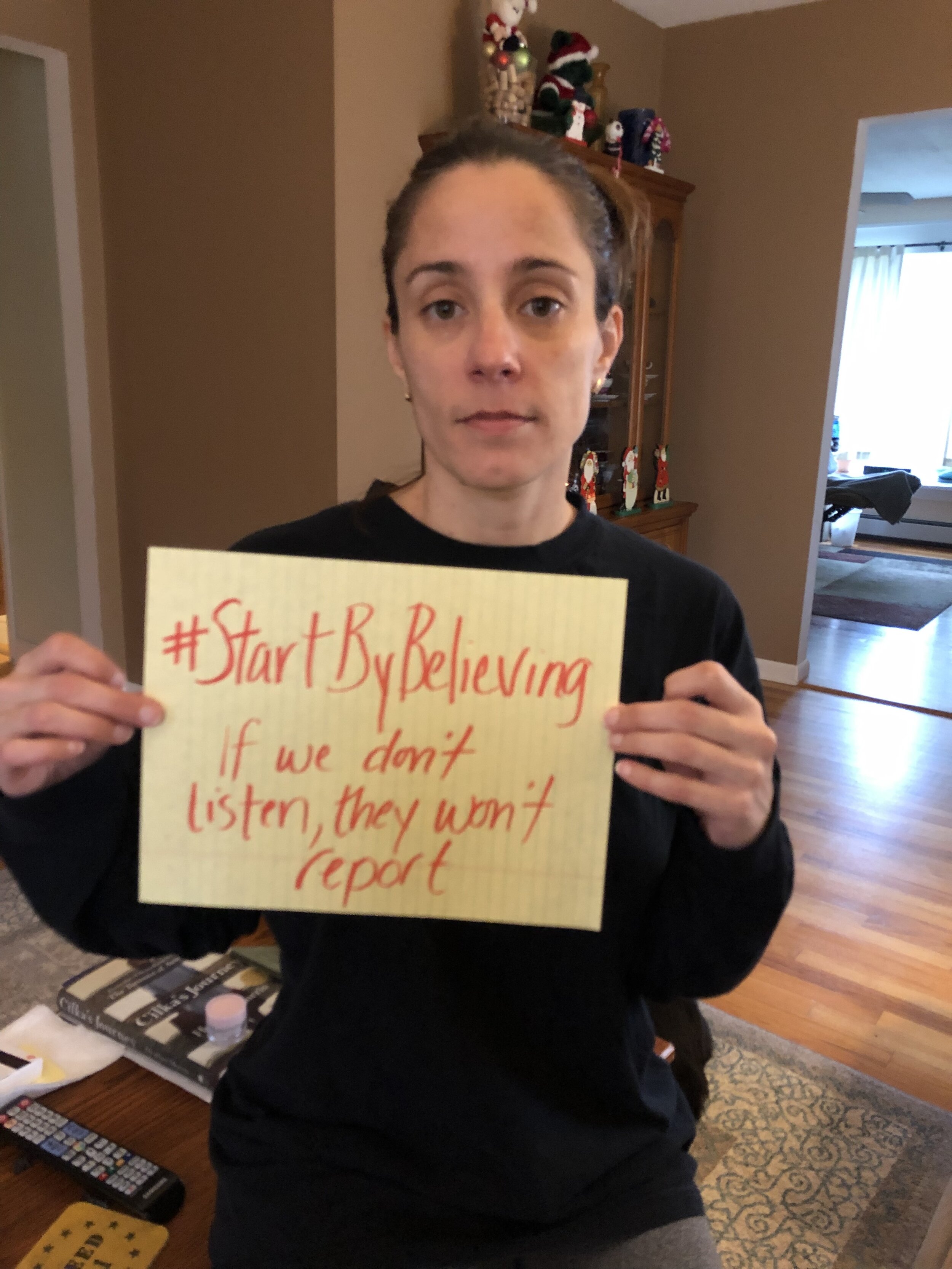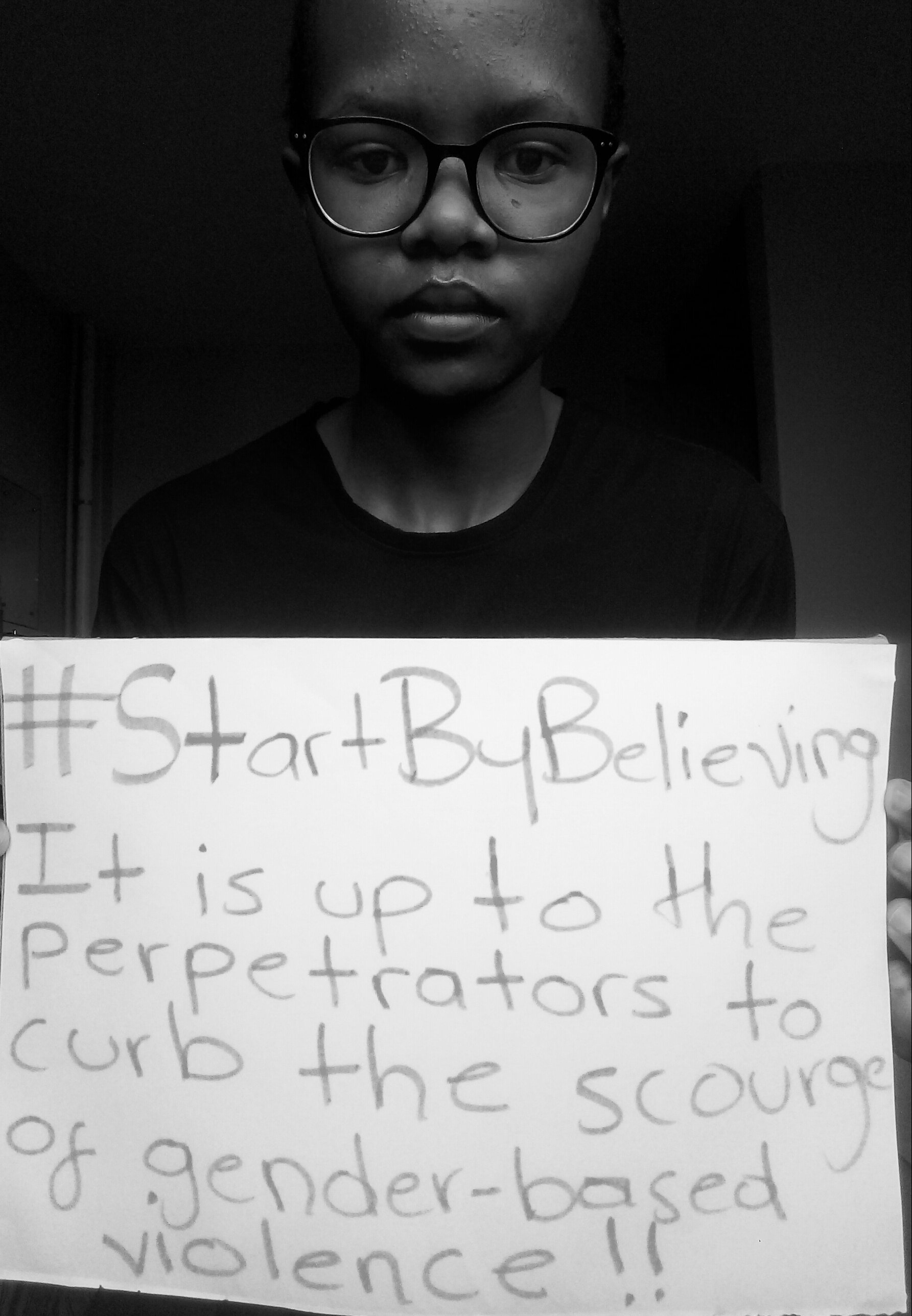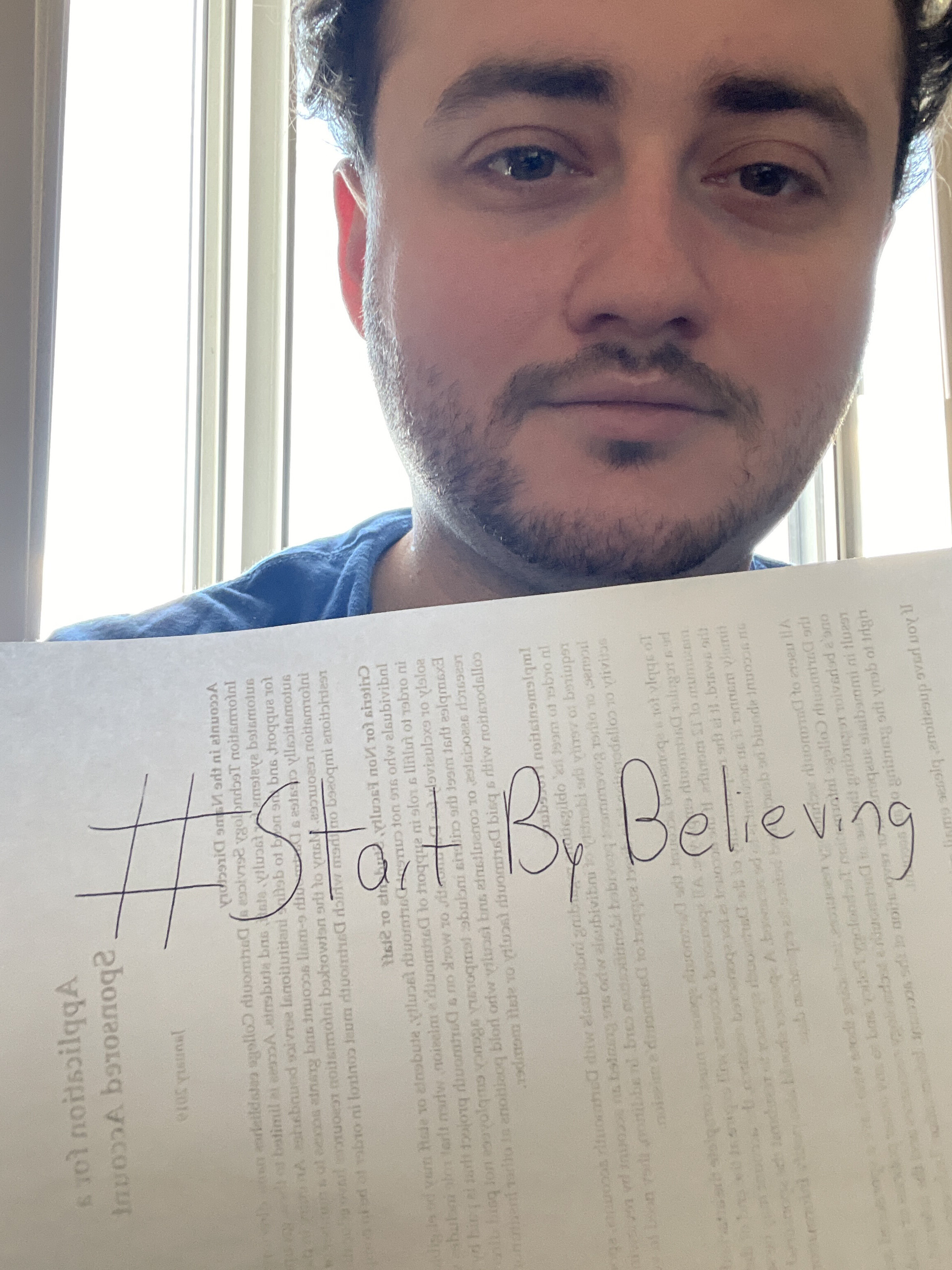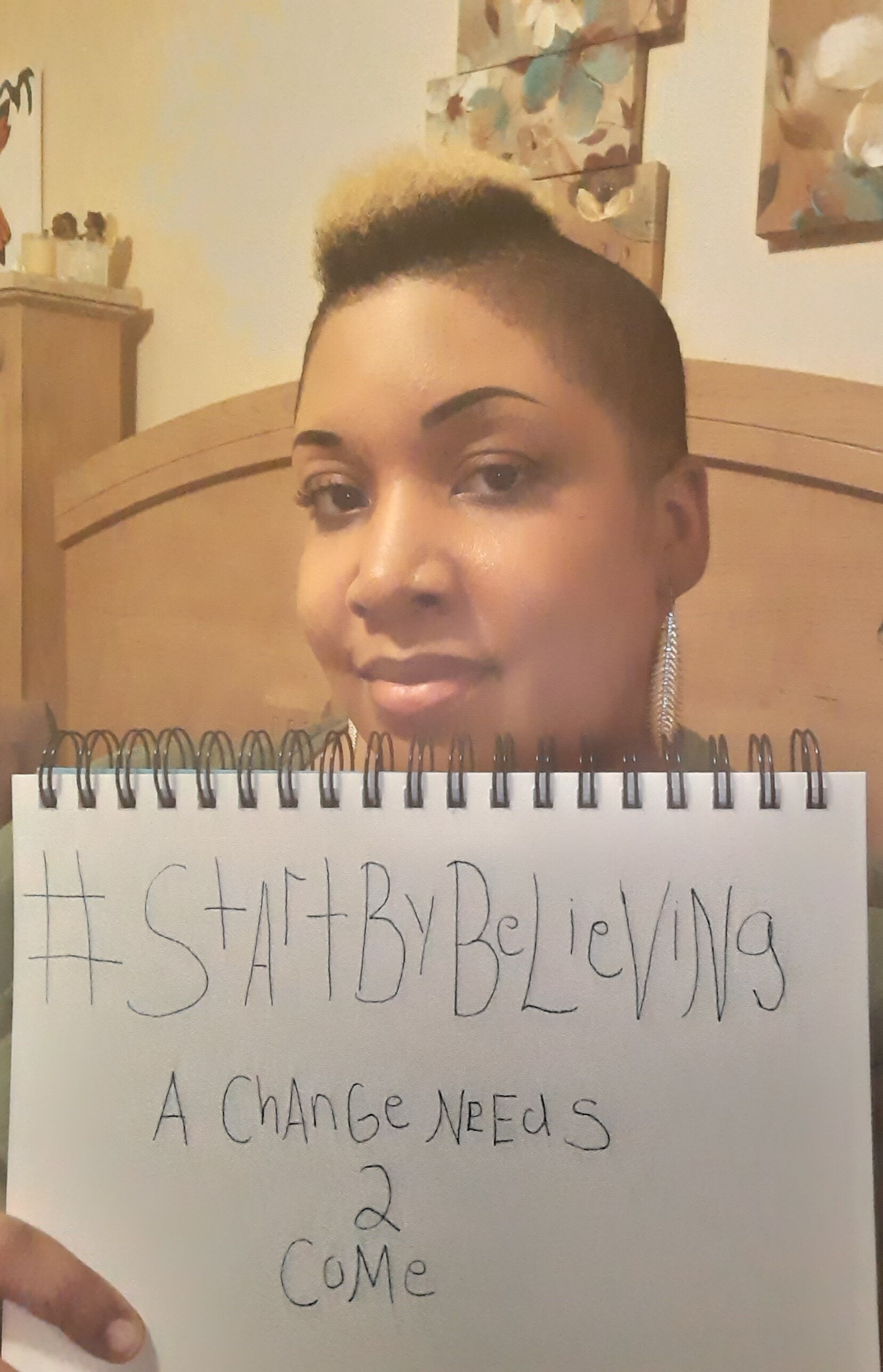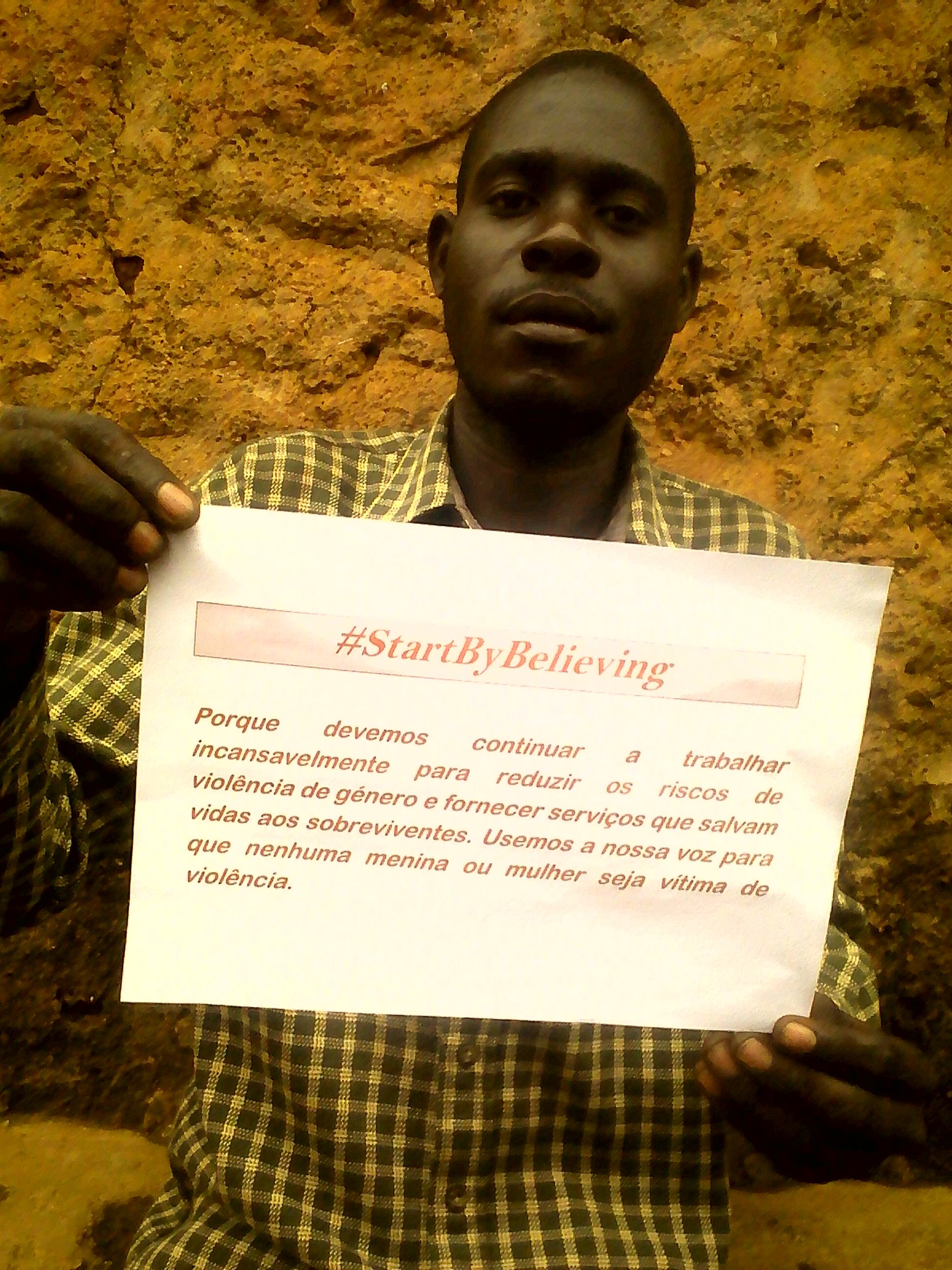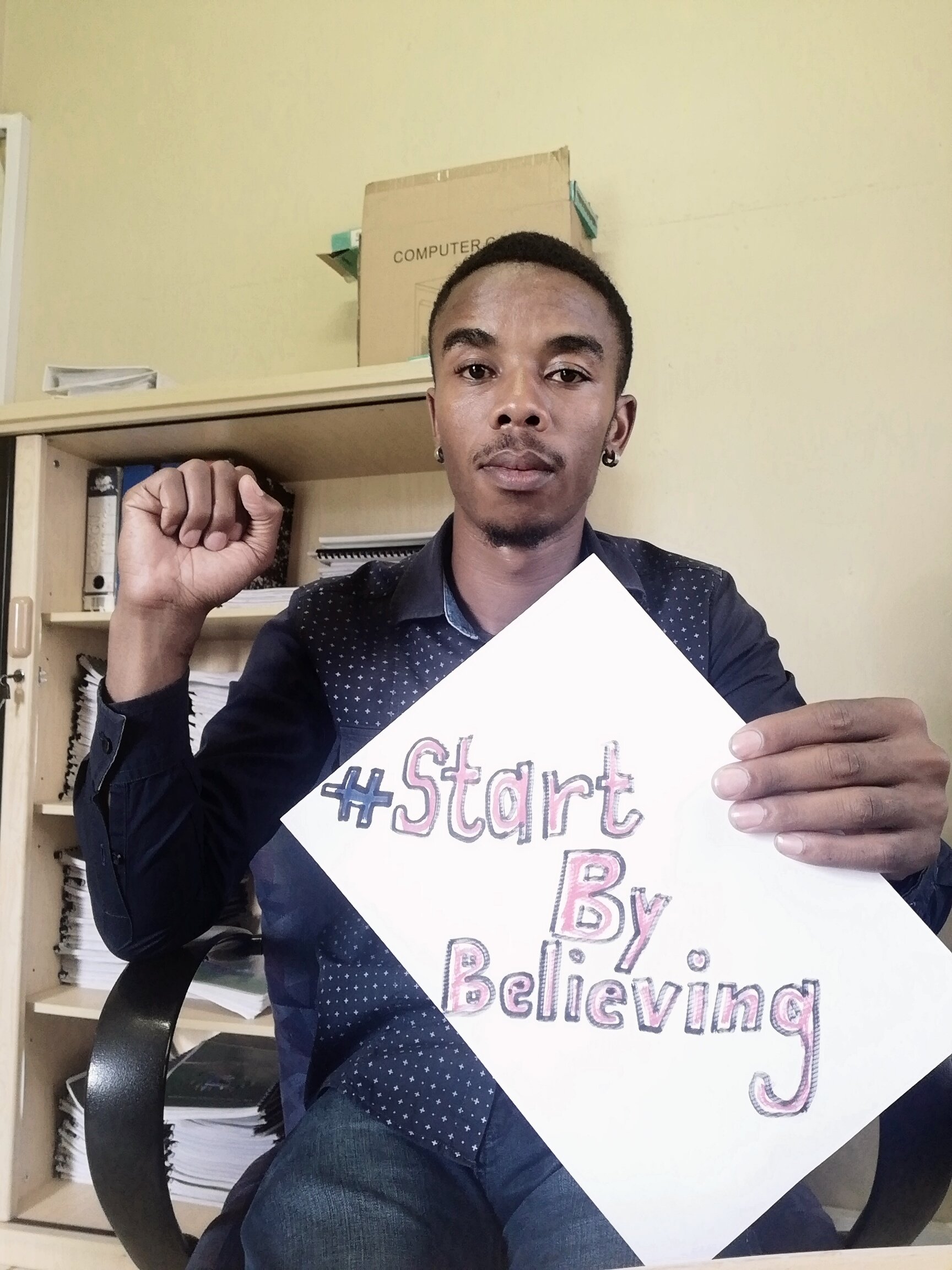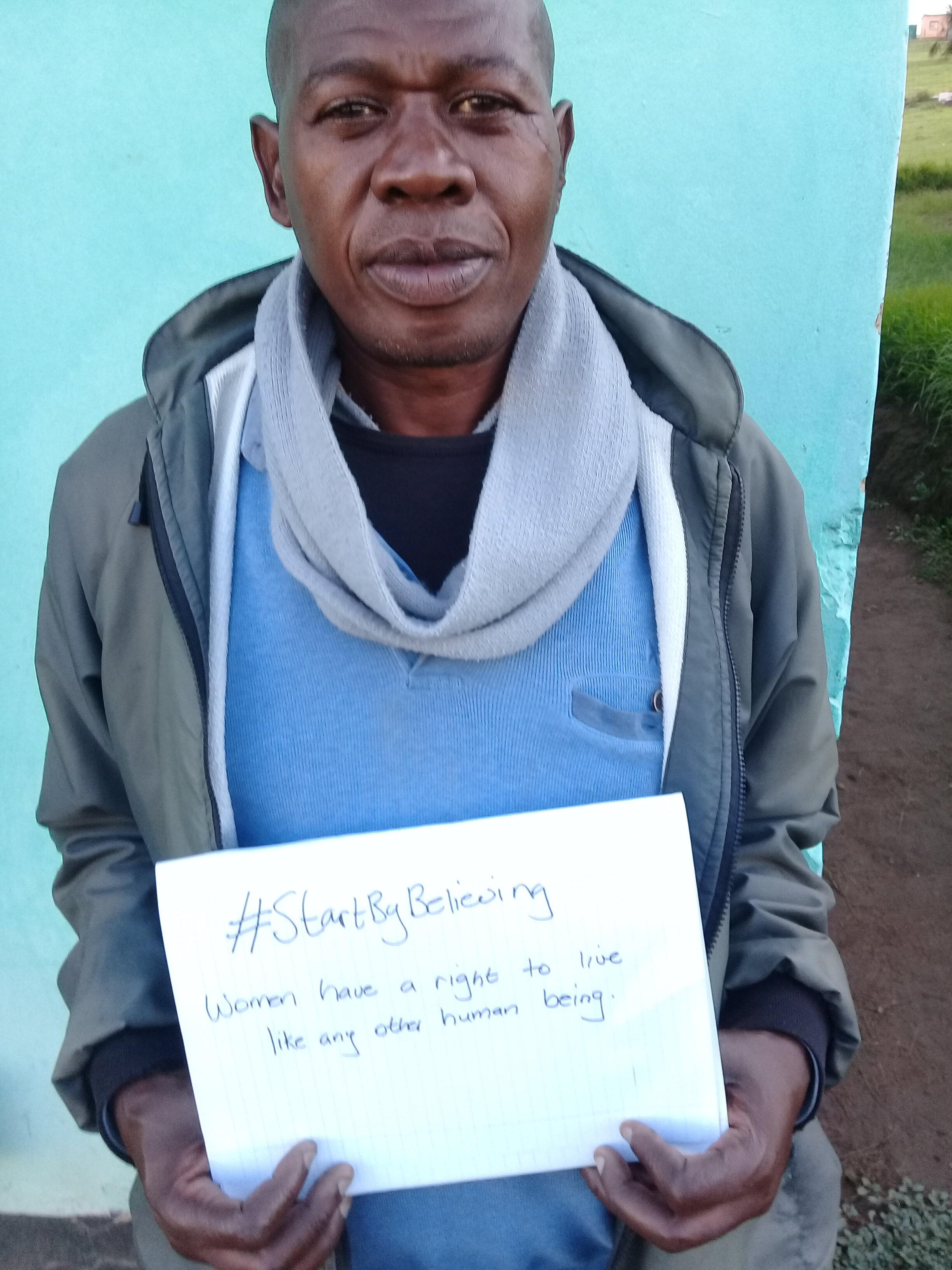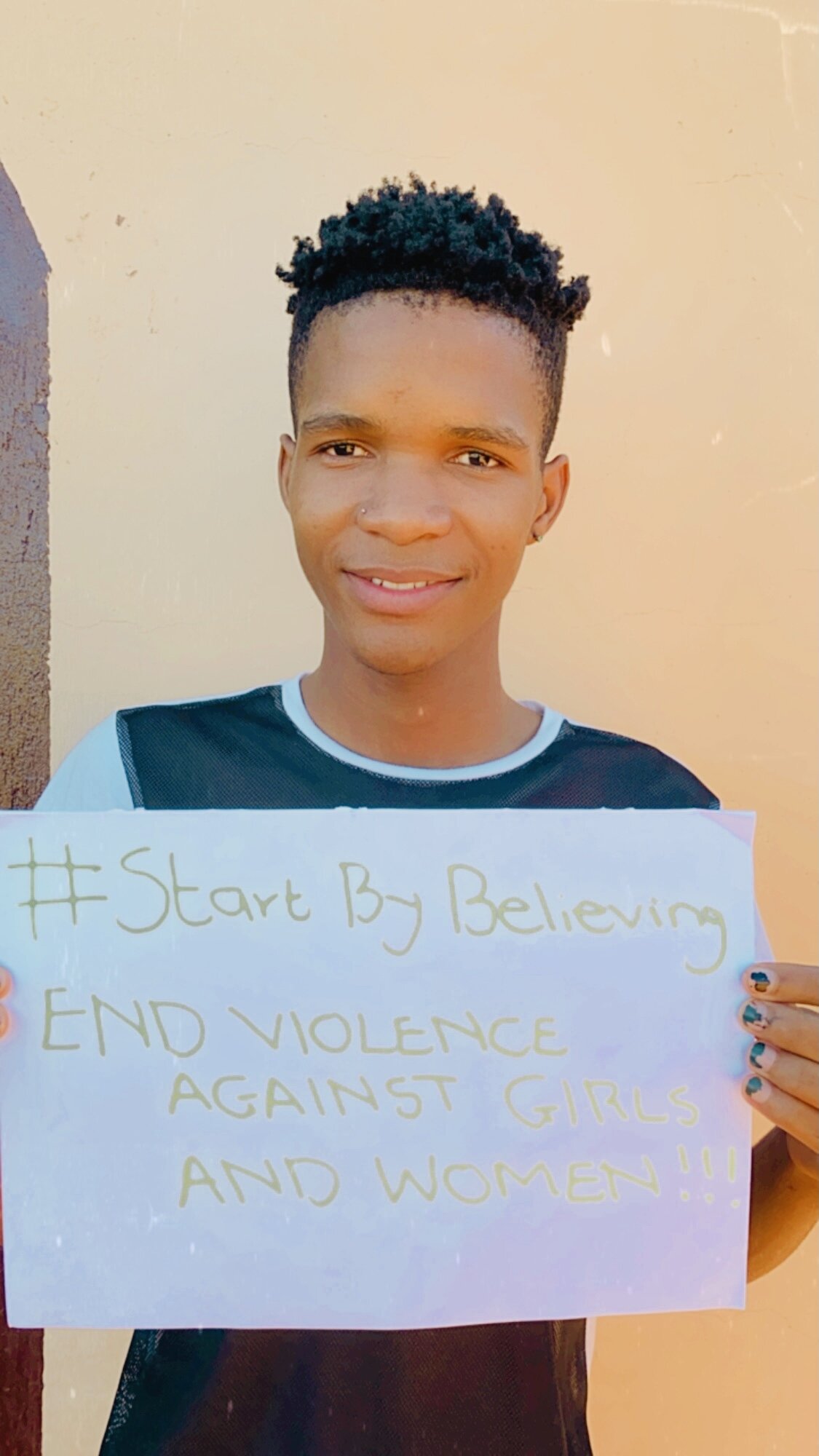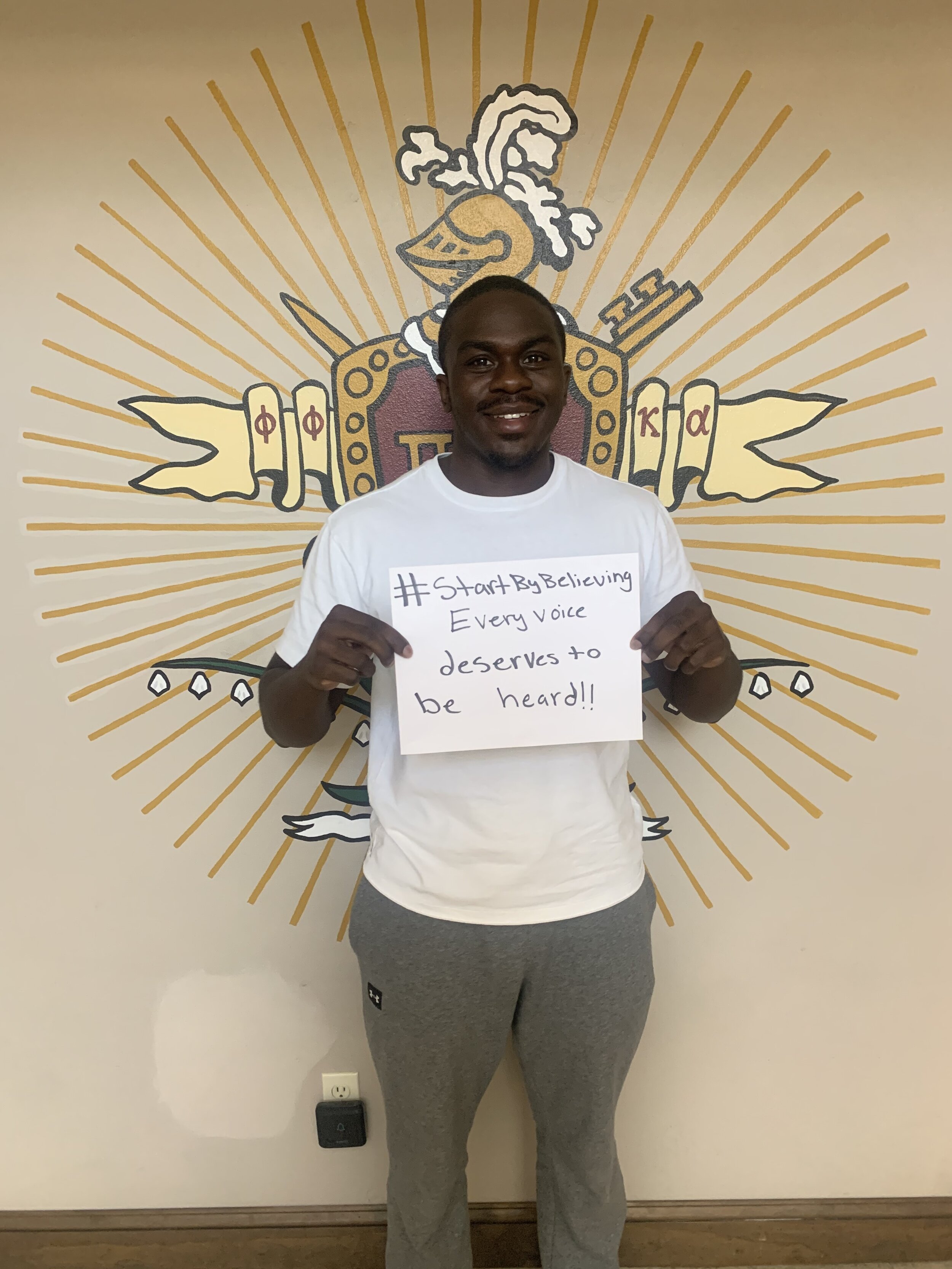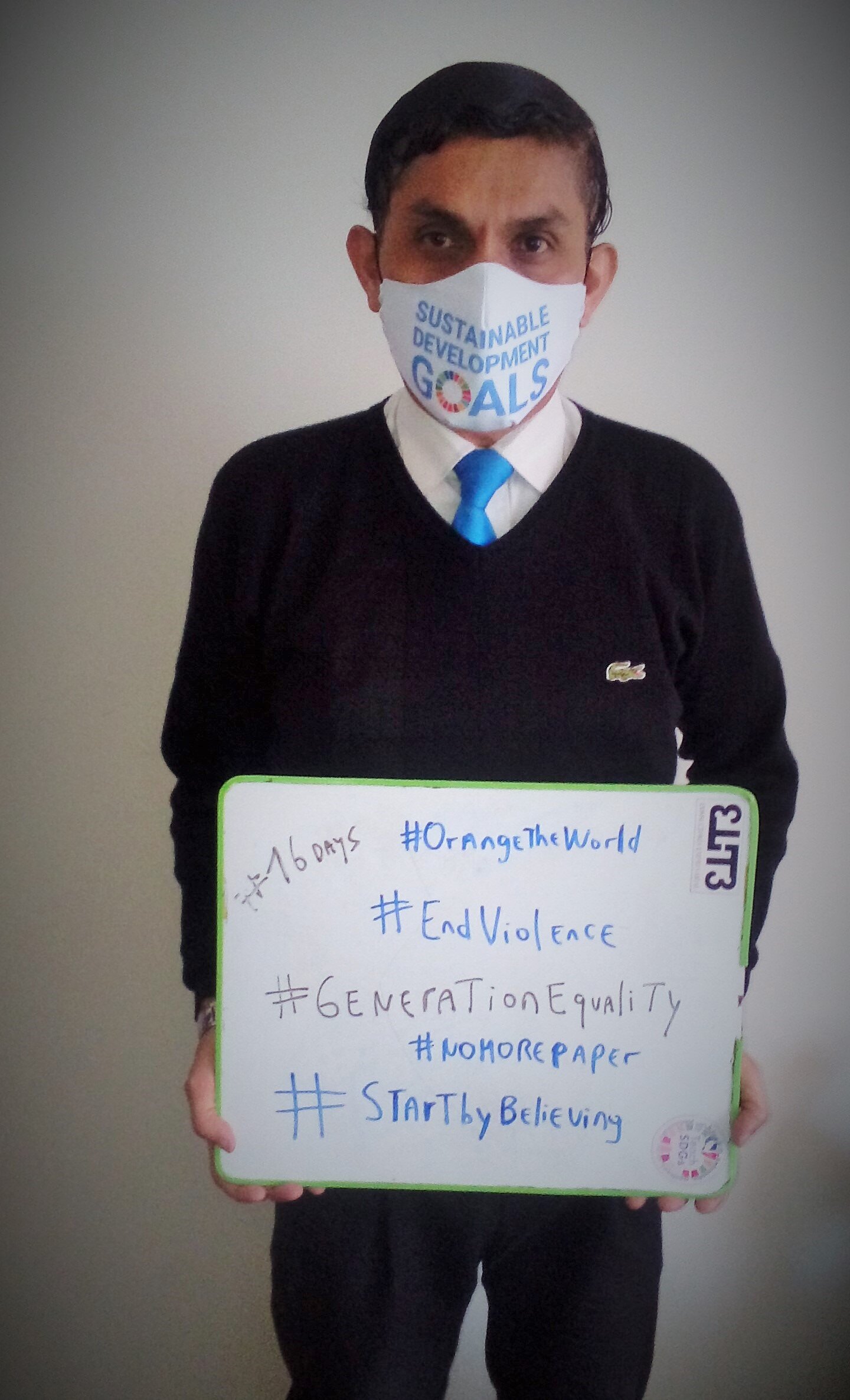FACT
In South Africa over 60% of sexual assaults are not reported
Few victims report their sexual assault, so they often don’t get the help they need. Without a report, law enforcement misses the chance to identify perpetrators in their community, repeat offenders go undetected, and more people are victimized.
WHAT TO SAY
"I believe you."
"I'm sorry this happened."
"I am here for you."
"You can tell me as much, or as little as you want."
"It’s not your fault."
"I’m glad you told me. I’m so proud of you."
"What can I do to support you?"
"I can stay with you tonight. Would that help?"
"Do you want me to go with you to the hospital or police station?"
Even with the best of intentions, “why” questions can sound
accusatory and make survivors blame themselves.
TAKE THE PLEDGE
Start by making your own personal commitment to Start by Believing.
I pledge to Start by Believing when someone tells me about their sexual assault.
I pledge to help survivors on the road to justice and healing.
I pledge to end the cycle of silence.
Start a conversation
Social media allows you to carry the message farther and faster than ever before. Use your preferred platform to engage a conversation on what it means to #StartbyBelieving.
Make it visual: Take a selfie of your pledge and post on social media. Tell your friends and family: Do you belong to a social or church group? Stokvel? Book club? Running group? Wherever you go, take the message.
Speak up
Many people dramatically overestimate the percentage of sexual assault reports that are false. In fact, research shows that about 2-8% of sexual assault reports to law enforcement are false, far less than many people realize. Challenge these myths when you hear them!
Take a stand
When you hear people blame a victim for their “role” in the sexual assault, remind them that we’ve all made choices that decrease our safety. It is not the choice of the victim that matters – it is the decision of someone else to commit a sexual assault.
